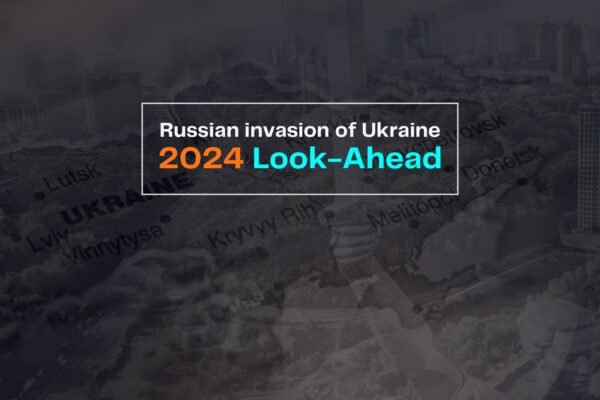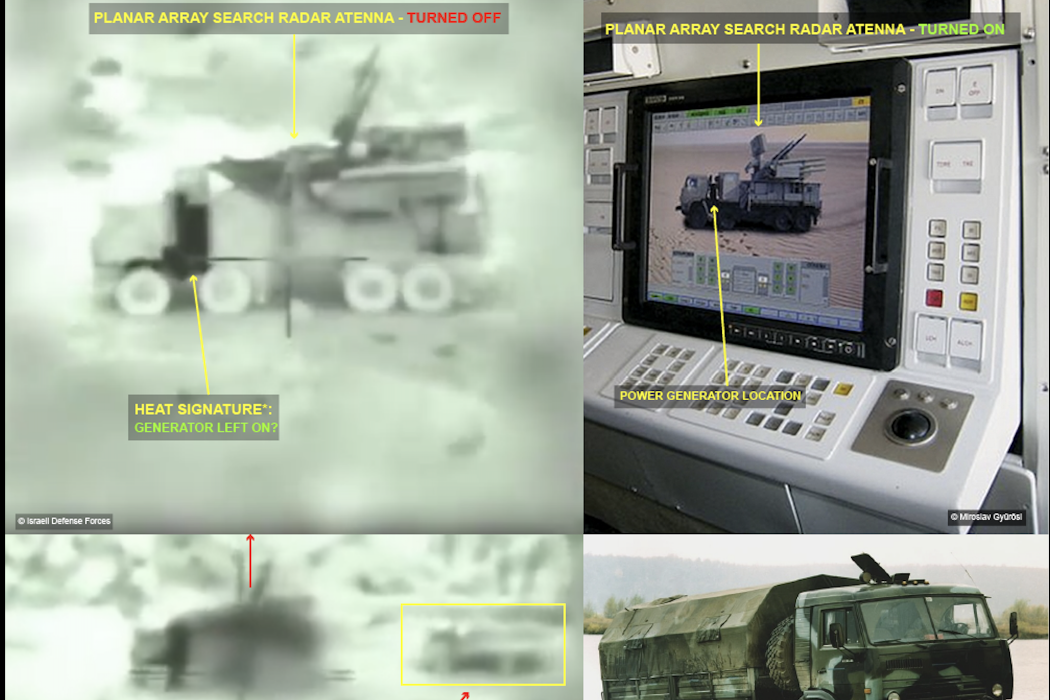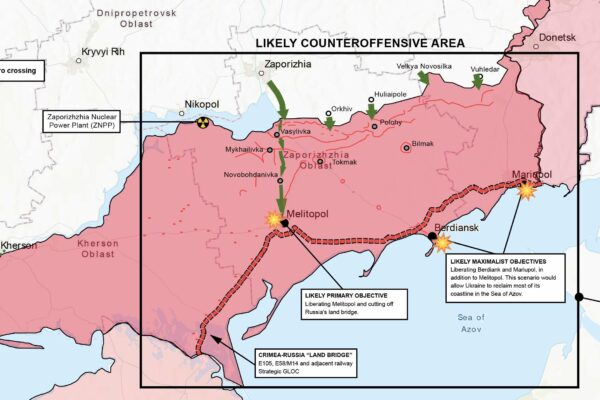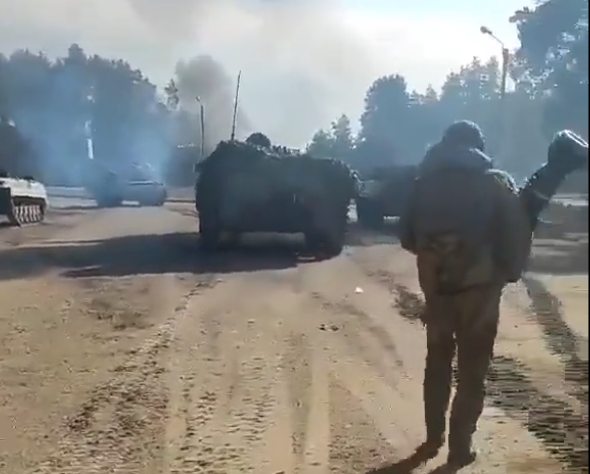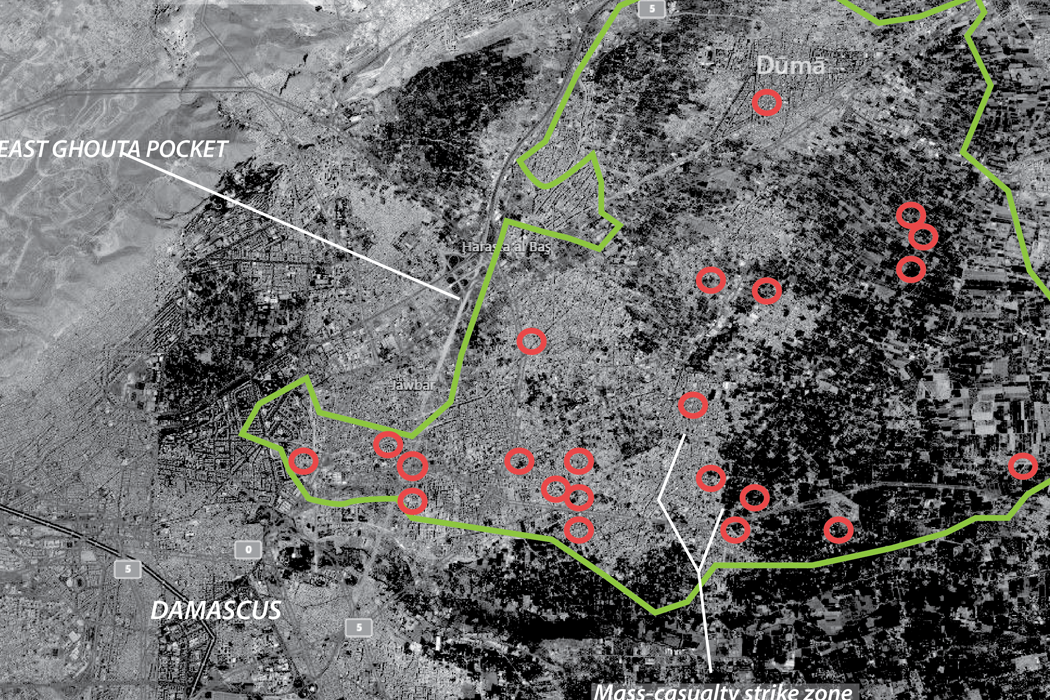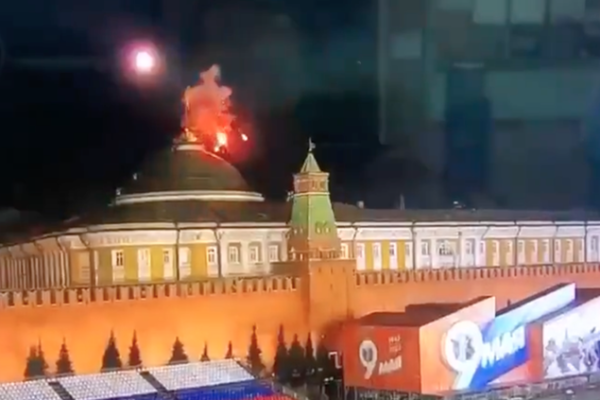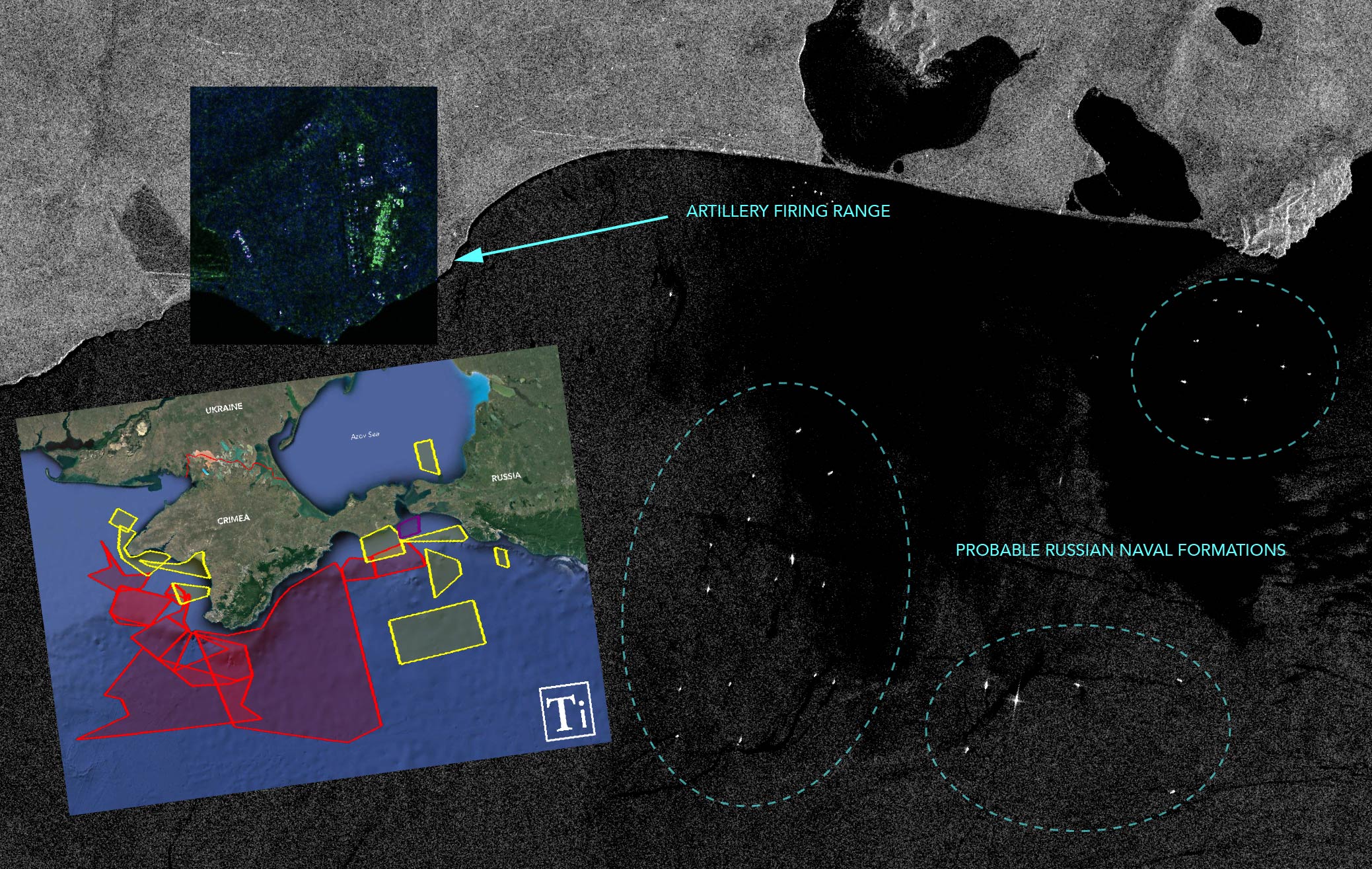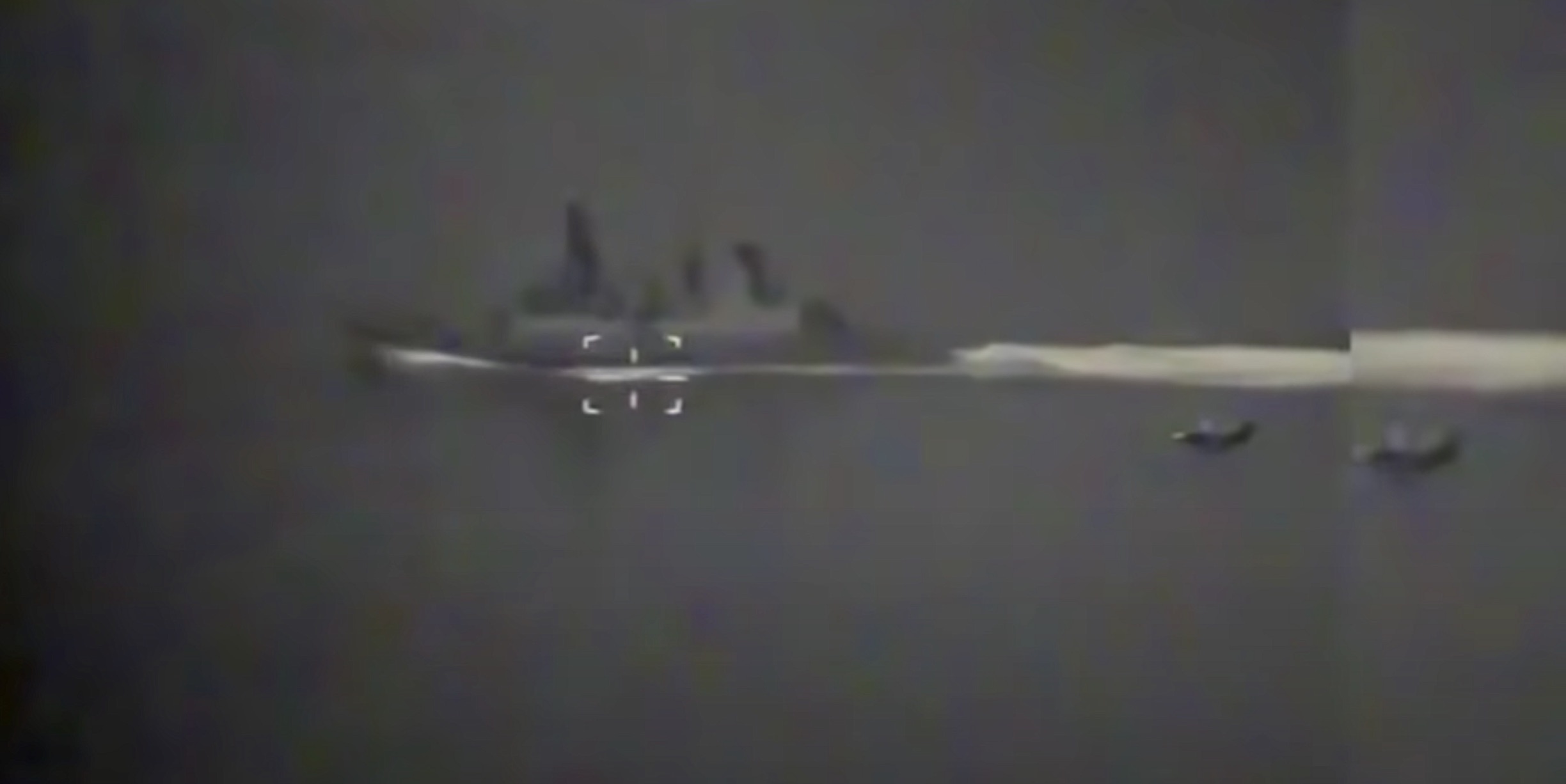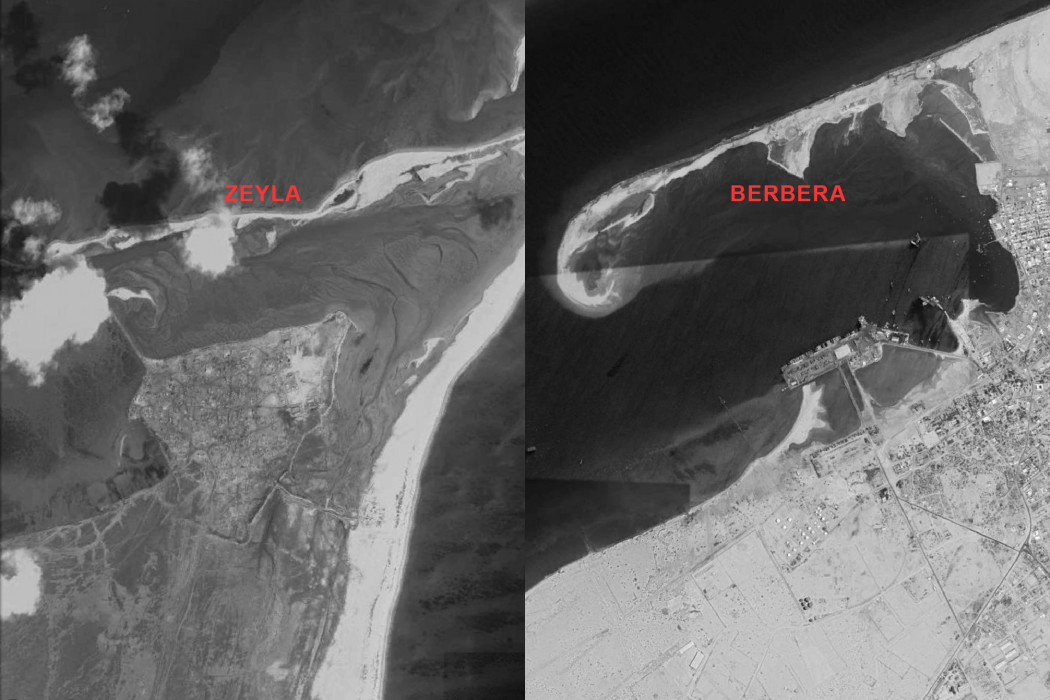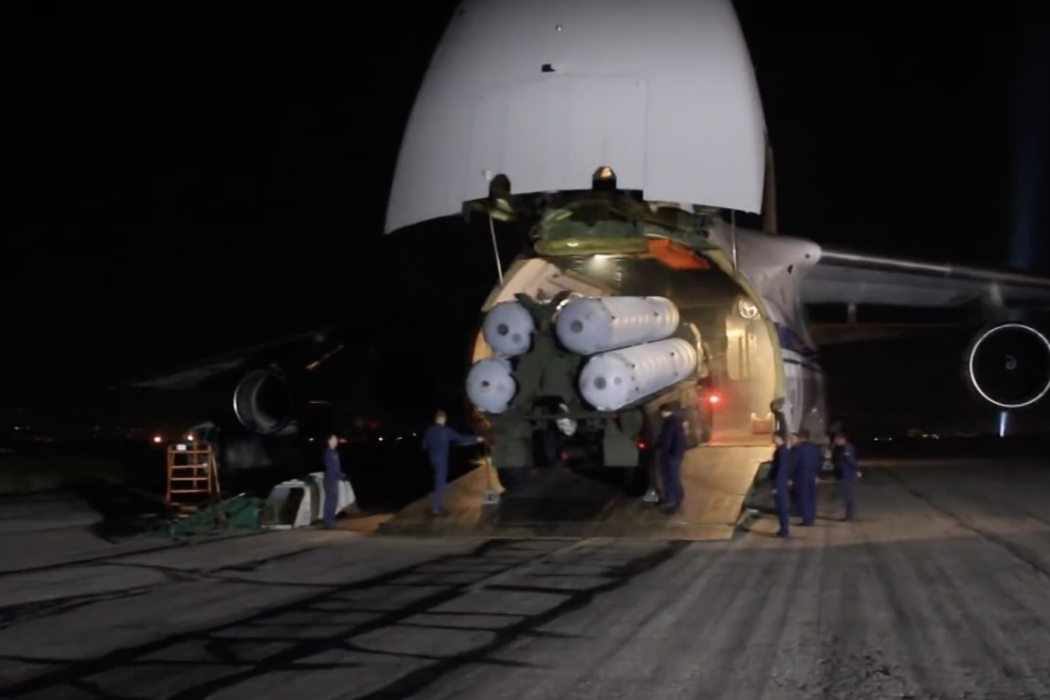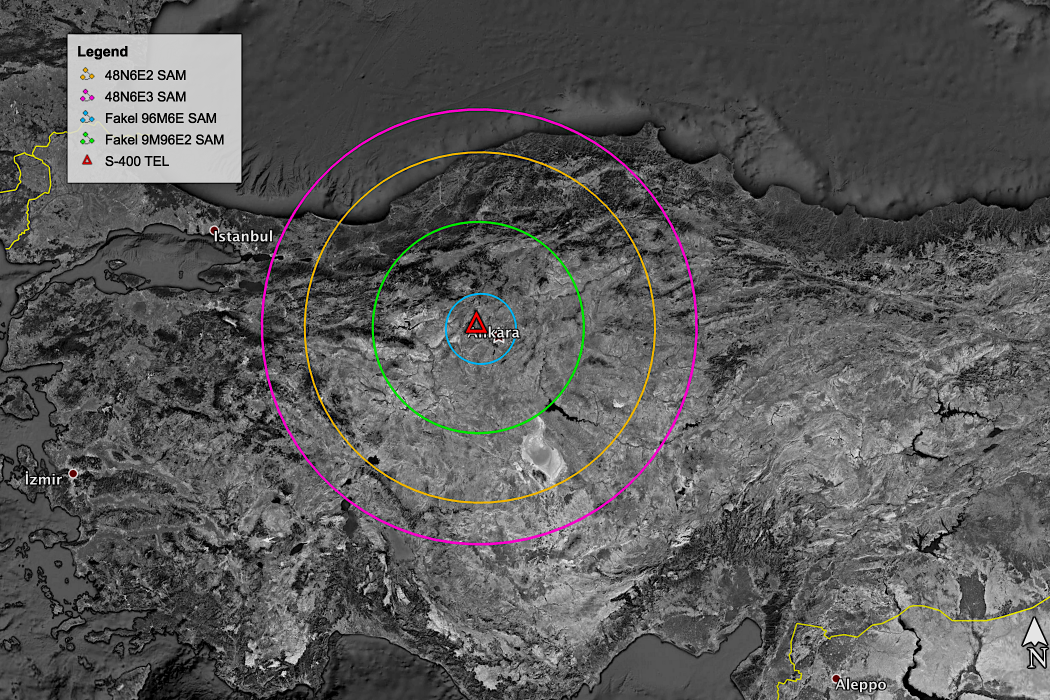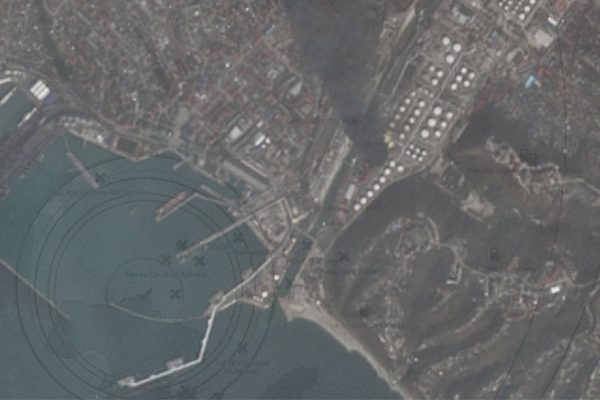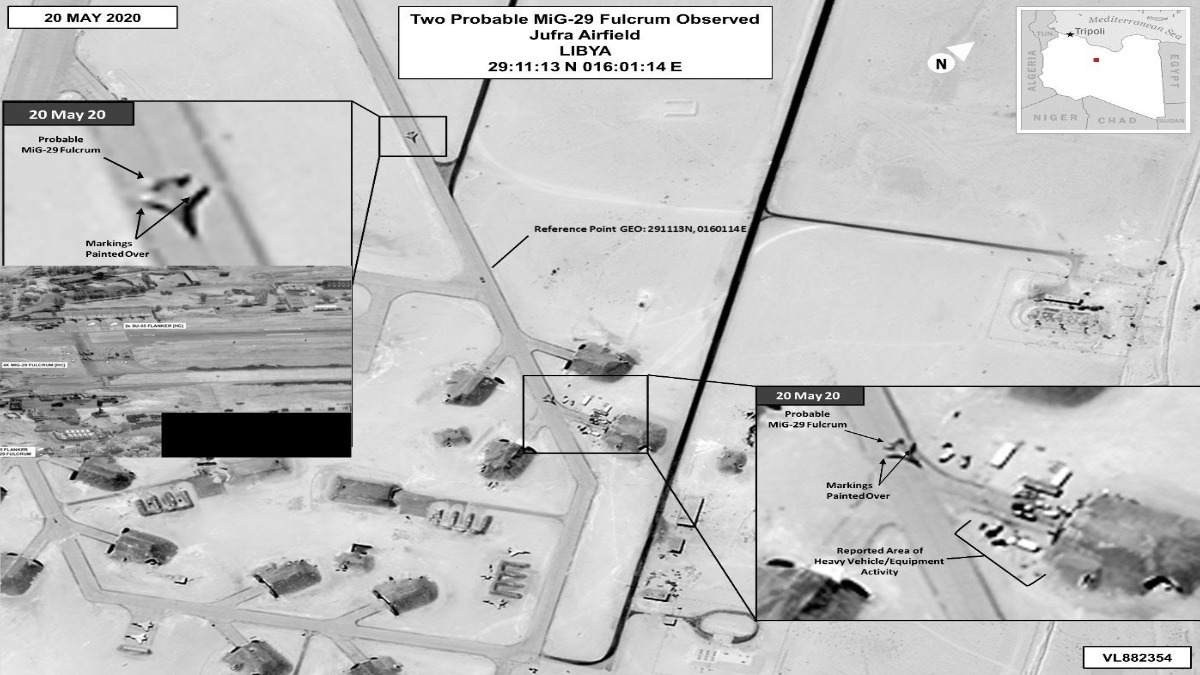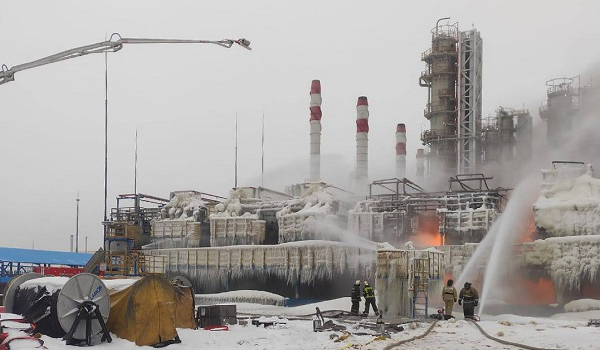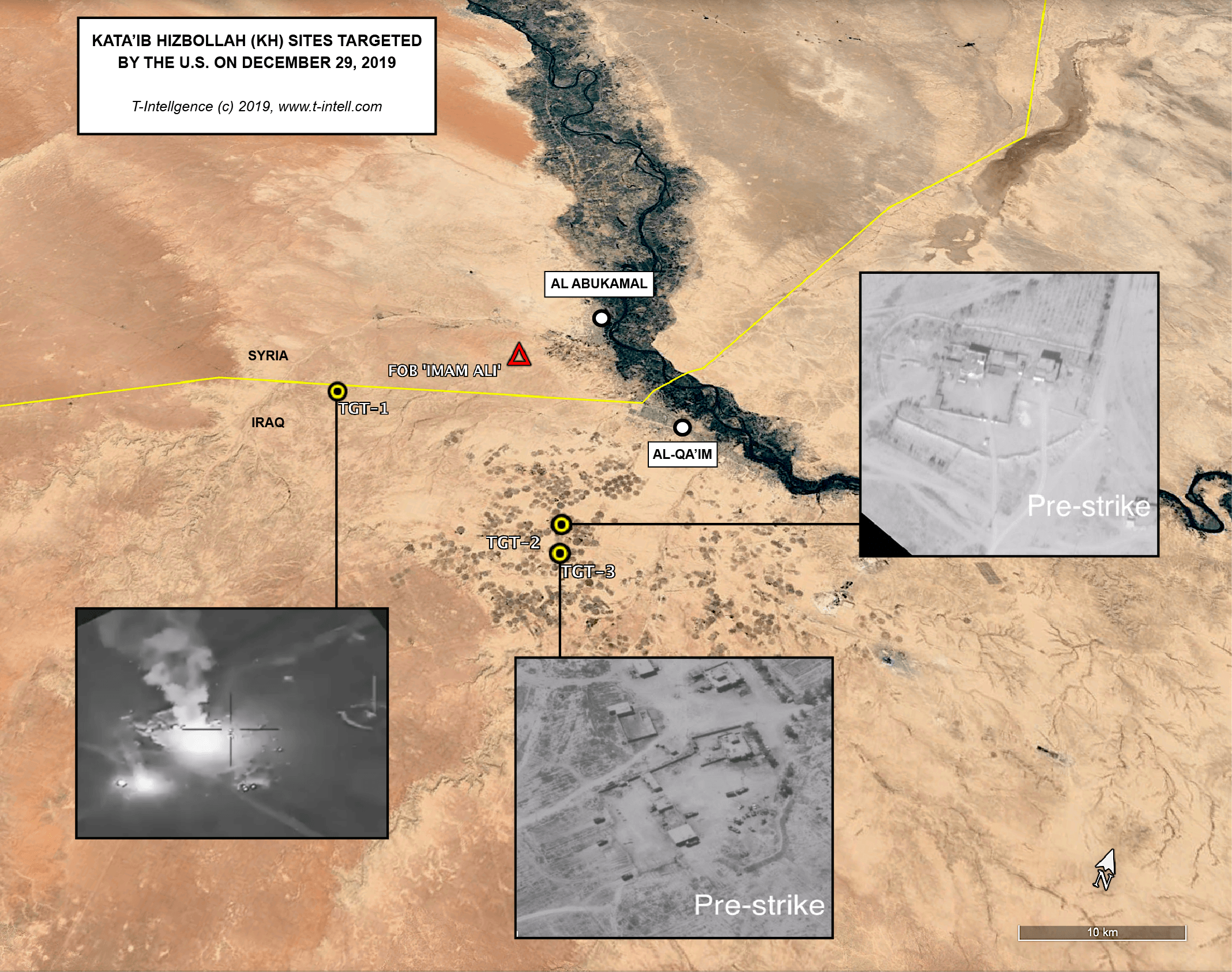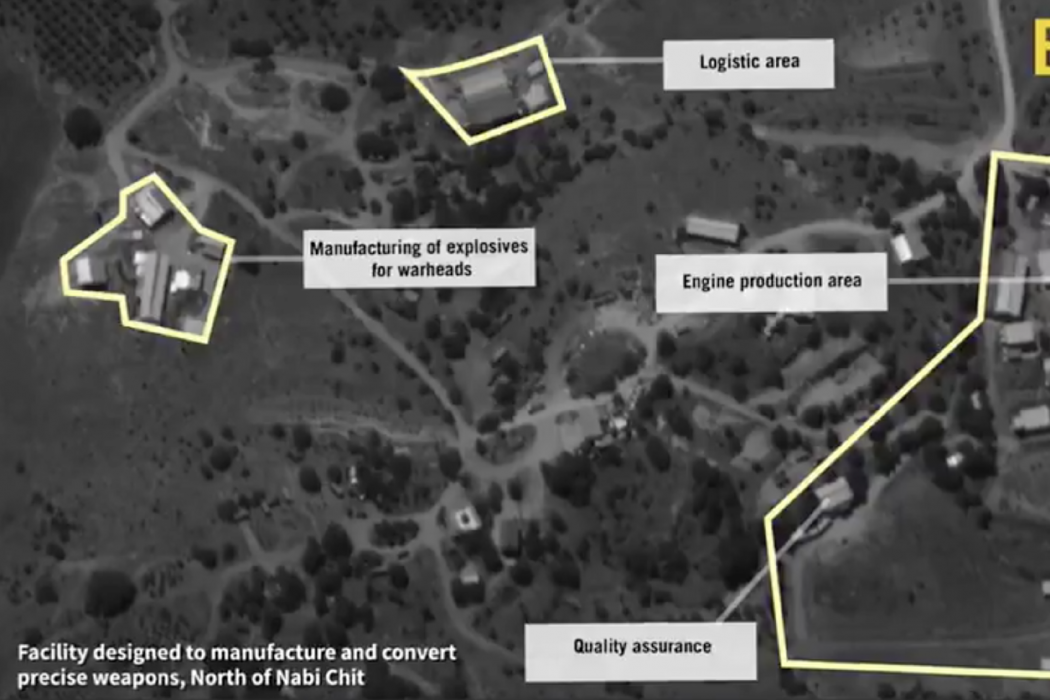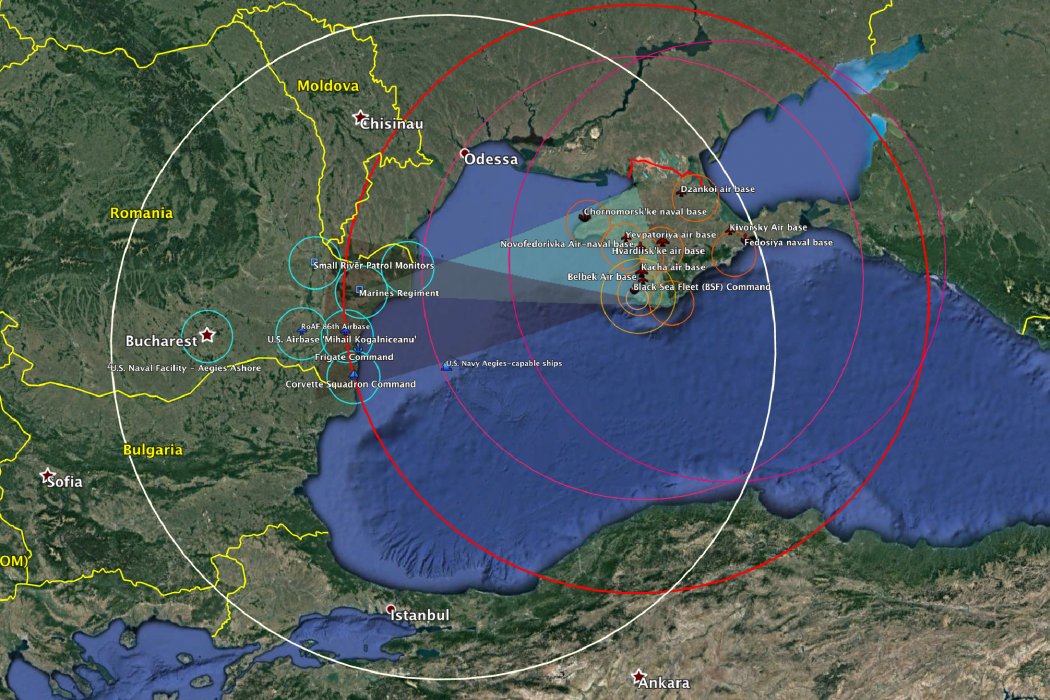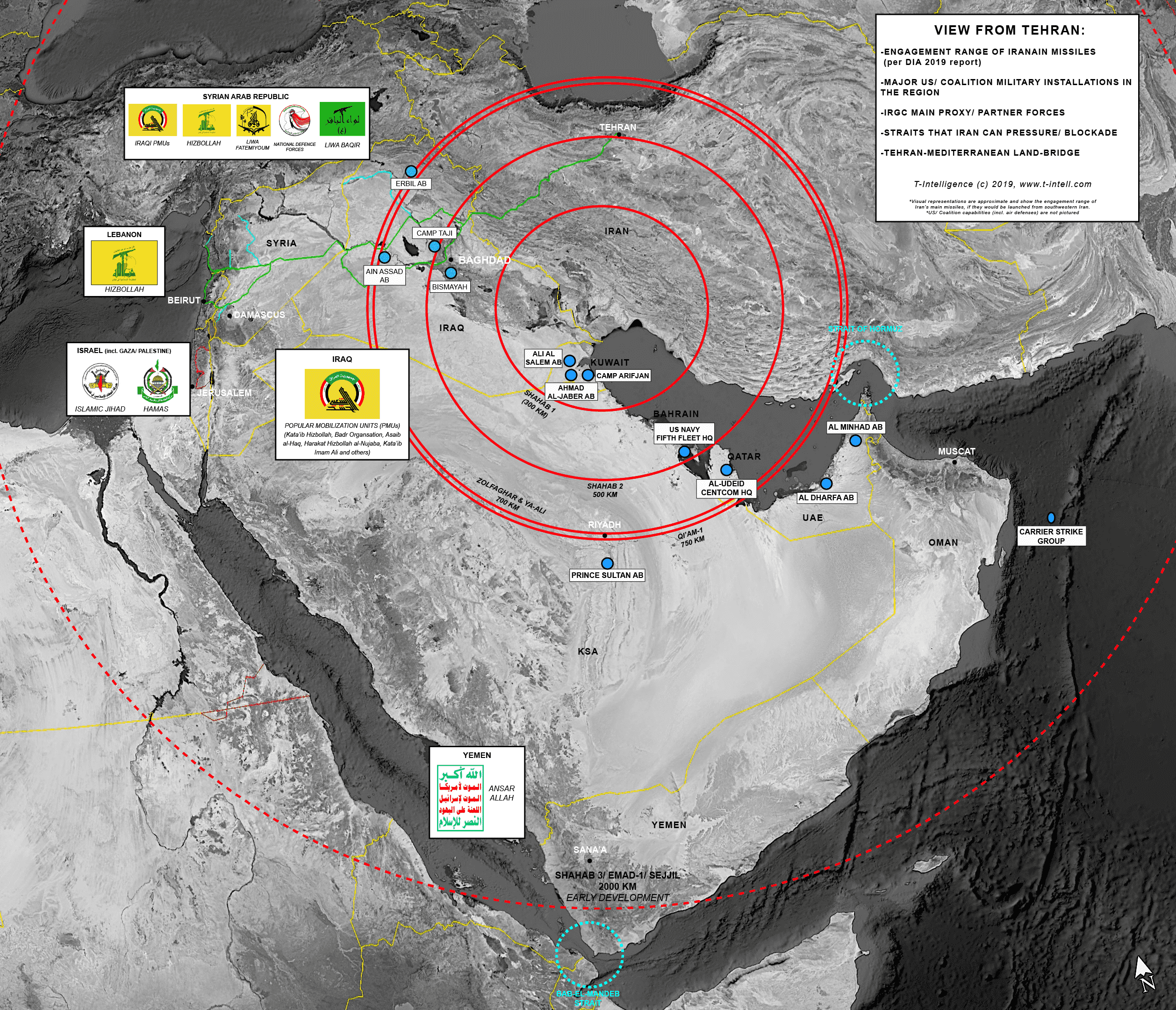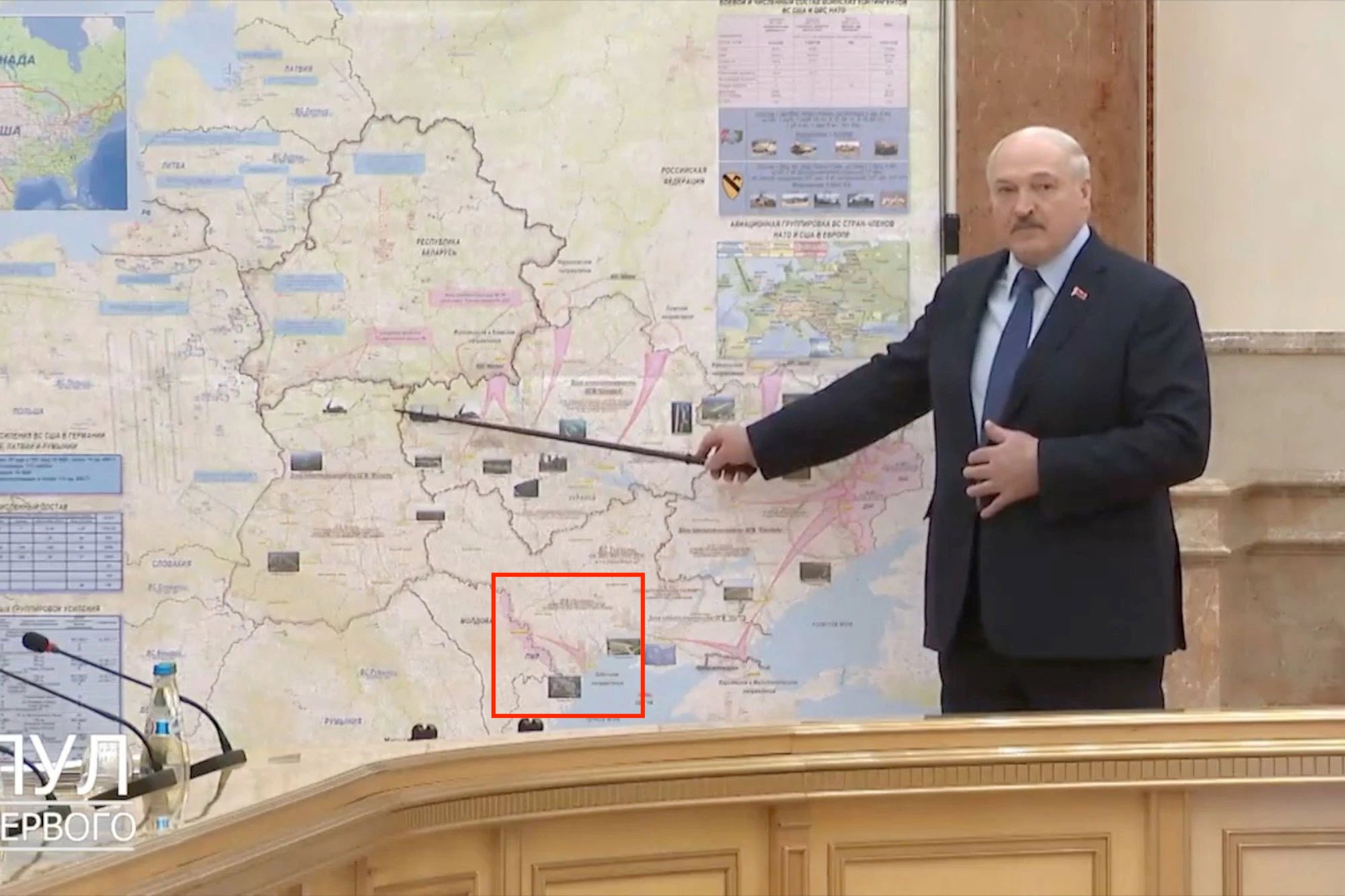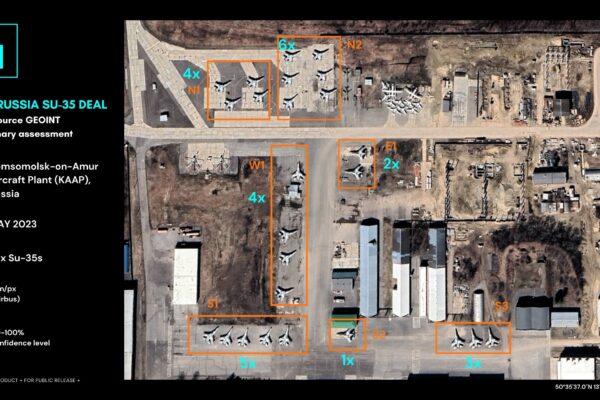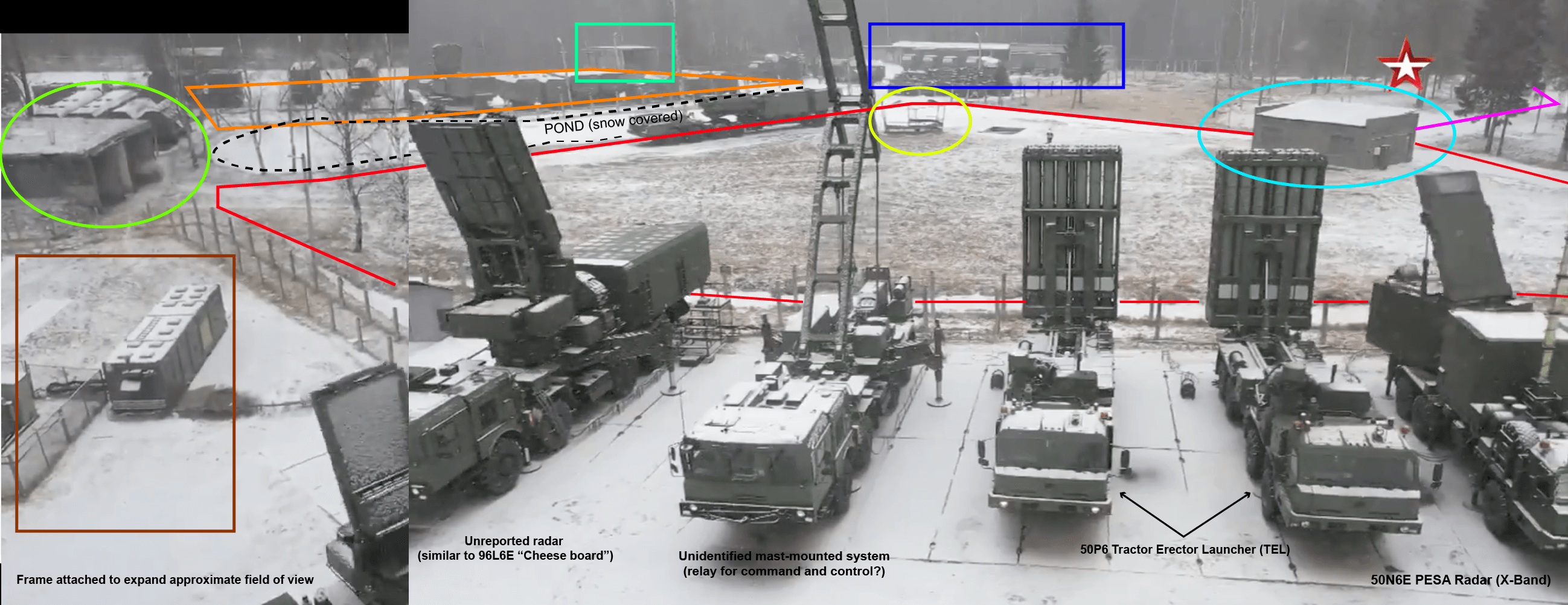The Kingdom of Saudi Arabia has announced that it is devising retaliation plans for the drone attacks on its oil refineries, which have been claimed by the Iranian-backed Houthi militants in Yemen. In a call with Saudi Crown Prince Mohammed Bin Salman on Saturday, United States President Donald Trump offered support for Saudi self-defense.
According to the Houthis, the dawn attack on Saturday was carried out by ten unmanned aerial vehicles (UAVs) launched from Yemen and targeted the Aramco oil facilities in Abqaiq and Khurais. The largescale attack caused major explosions and forced Aramco to cease production at the two facilities. With oil production suspended, Aramco lost halfof its crude output (5.7 million barrels per day), leading to a five percent reduction in global oil supply.
As Saudi Arabia produces around 9.85 million barrels of oil per day, the supply reduction has caused concerns on the global energy markets. Energy experts warn that the recent attack could lead to a slight surge in oil prices. The Saudi Energy Ministry has nevertheless assured that the disruption will be offset by supplies from Saudi inventories. The attack represents a serious blow for Aramco, since the company is currently preparing its stock market debut and international listing.
Abqaiq is pivotal for Saudi energy operations, as the facility processes crude oil from the world’s largest oil field (Ghawar) and redirects it to the world’s biggest offshore oil loading facility (Ras Tanura) and to export terminals on the Red Sea coast. Khurais, the other target, is Saudi Arabia’s second largest oil field, which is responsible for the production of over 1 million barrels of oil per day.
While the Houthis have been conducting attacks on Saudi energy infrastructure for months and have made extensive use of Iranian supplied missiles and UAVs, their claim to the recent attack is disputed by US Secretary of State Mike Pompeo as well as many open-source intelligence analysts, who point towards Iraq instead. Photos on social media allegedly show the remains of an Iranian-made Quds-1 or Soumar cruise missile on Saudi soil. Analysts believe the missile was launched from southern Iraq due to its proximity to the two Saudi installations. Other sources claim that a UAV violated Kuwaiti airspace on Saturday and loitered around 250 meters above the Dar Salwa presidential palace.
#Houthis apparently also used their Quds-1 Cruise missile on the attack on #Aramco oil facilities at #Abqaiq KSA, replica of the #Iranian “Sumar”. The tail part can be seen without the booster which was jettisoned after launch. https://t.co/09zsxqozvu pic.twitter.com/U1XP0bk4sP
— Observer IL (@Obs_IL) September 14, 2019
The Iraqi government was quick to deny that its territory was used to attack the Saudi installations. However, this would not be the first attack on the Kingdom that was launched from Iraq. US intelligence has, for example, found that a UAV raid on a Saudi pipeline on May 14, 2019 was launched from Iraq instead of Yemen. Iraq hosts a myriad of Shiite militias, which are trained, sponsored, and coordinated by the Iranian Revolutionary Guards Corps-Quds Force (IRGC).
Regardless where the attack originated, Iran remains the shadow culprit. The attack on the Aramco oil facilities will likely set the peace negotiations between the Arab Coalition and the Houthis back and further escalate the conflict between Saudi Arabia and Iran. While the US remains committed to Saudi security, the Trump administration does not seem willing to retaliate on behalf of Riyadh. Instead, the White House has provided strong political support and military aid to Saudi forces to take matters into their own hands.
The Saudis could either re-intensify the air campaign against Houthi targets in Yemen, conduct covert operations against IRGC-backed elements in Iraq, or directly prosecute Iranian offshore oil facilities in the Persian Gulf.
Read our update on the developing situation
- Russia Bombs Maternity Ward & Children’s Hospital in Mariupol As Part of Siege - 10 March 2022
- T-Intell’s OSINT Training Marks One Year Anniversary - 18 November 2021
- Russian Pipe-Layer Resumes Work on Nord Stream 2 - 25 January 2021








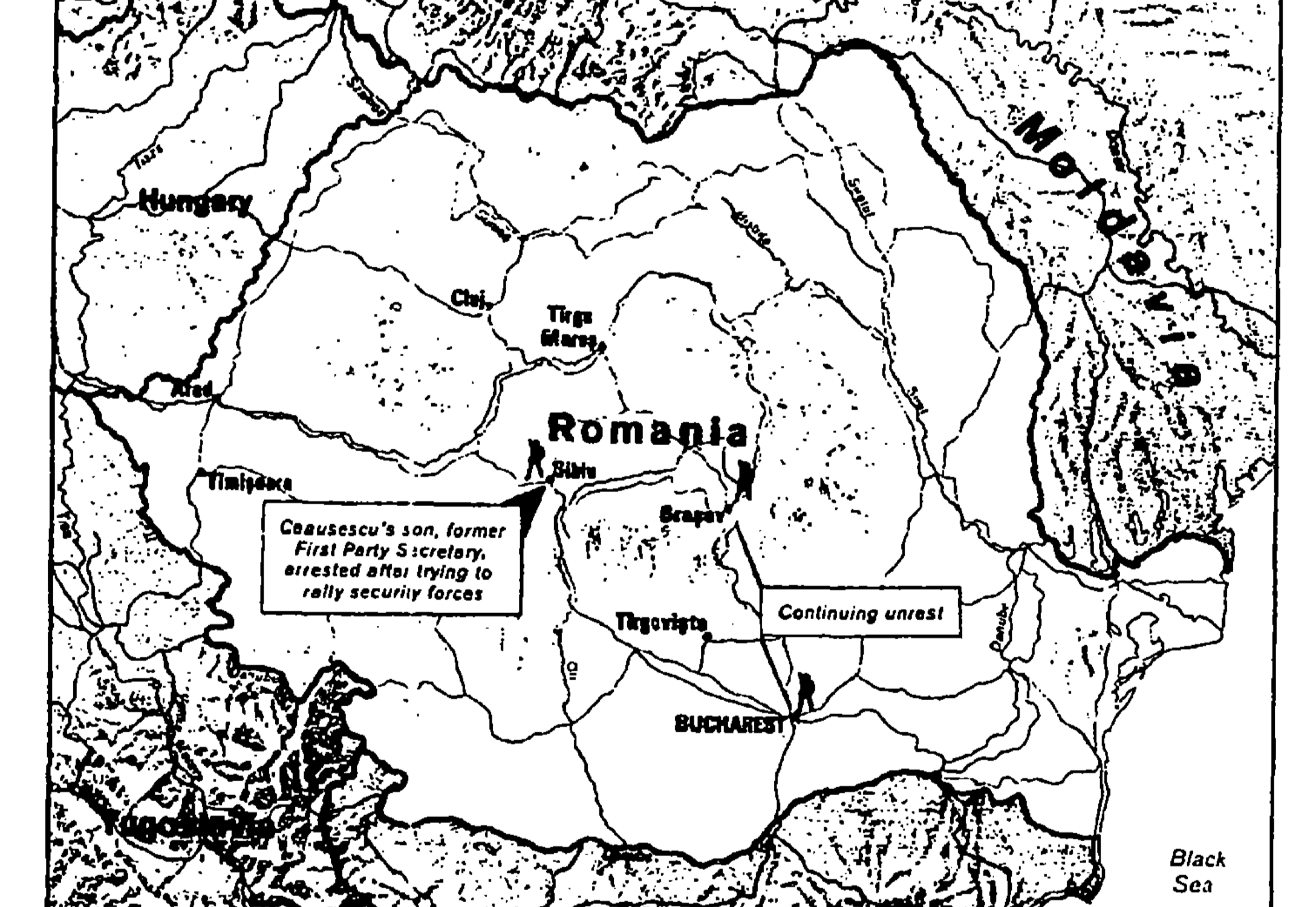
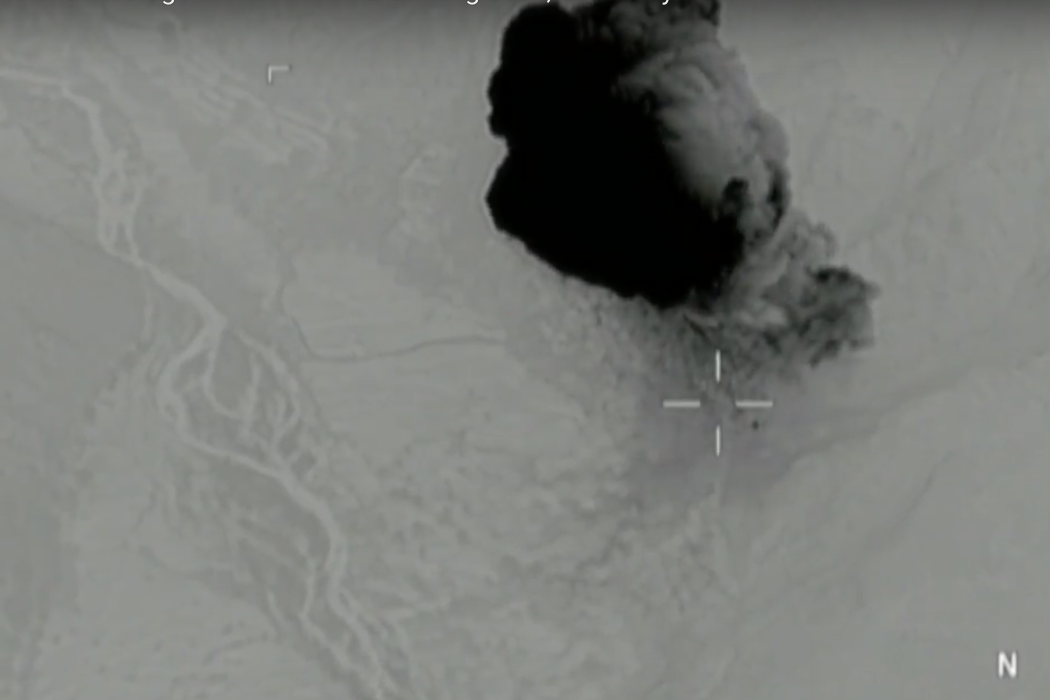
![This is How Iran Bombed Saudi Arabia [PRELIMINARY ASSESSMENT]](https://t-intell.com/wp-content/uploads/2019/09/map4cover-01-compressor.png)
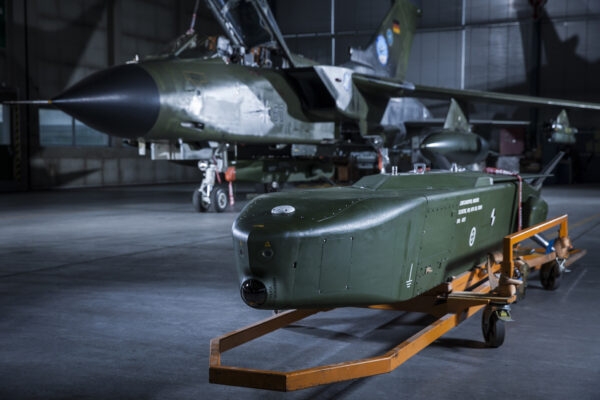
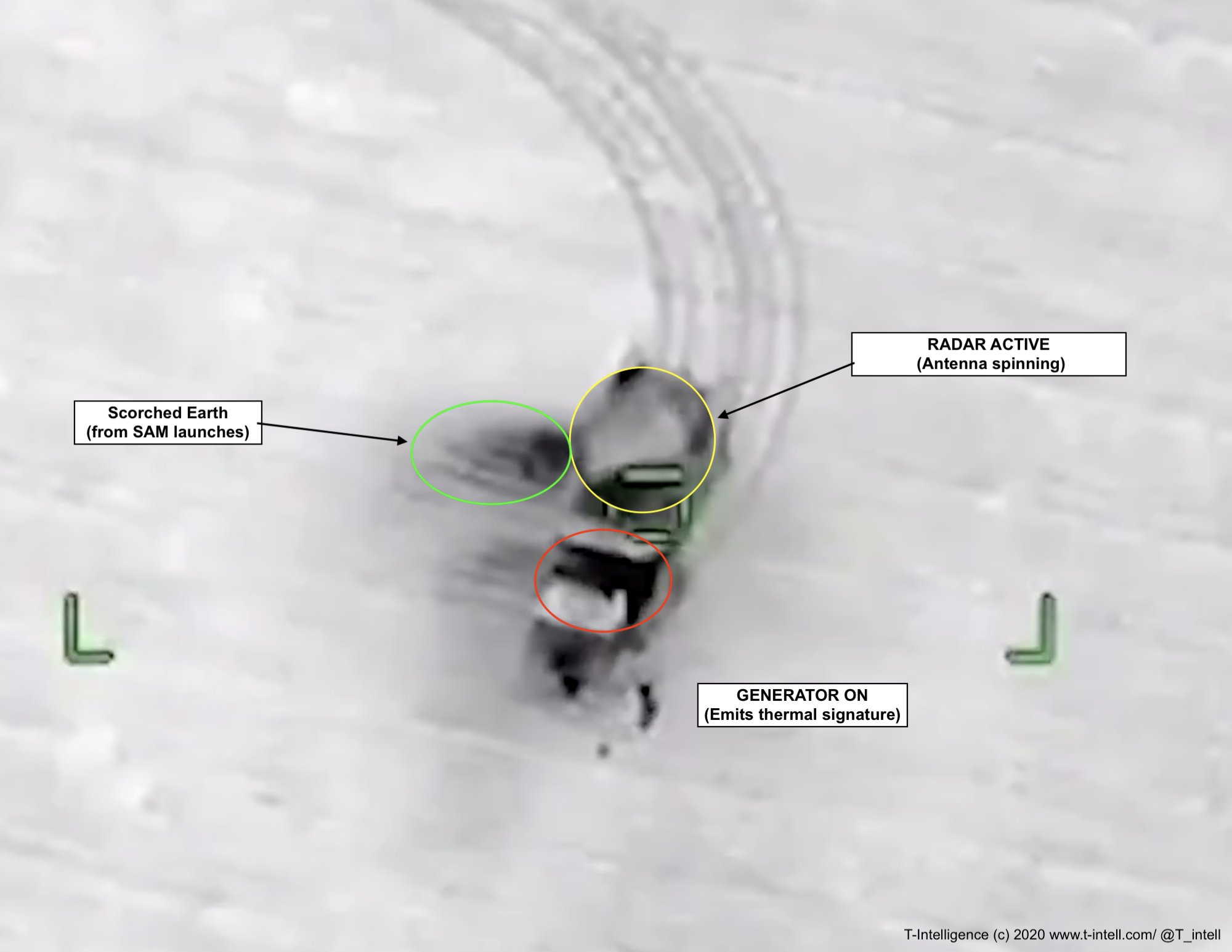

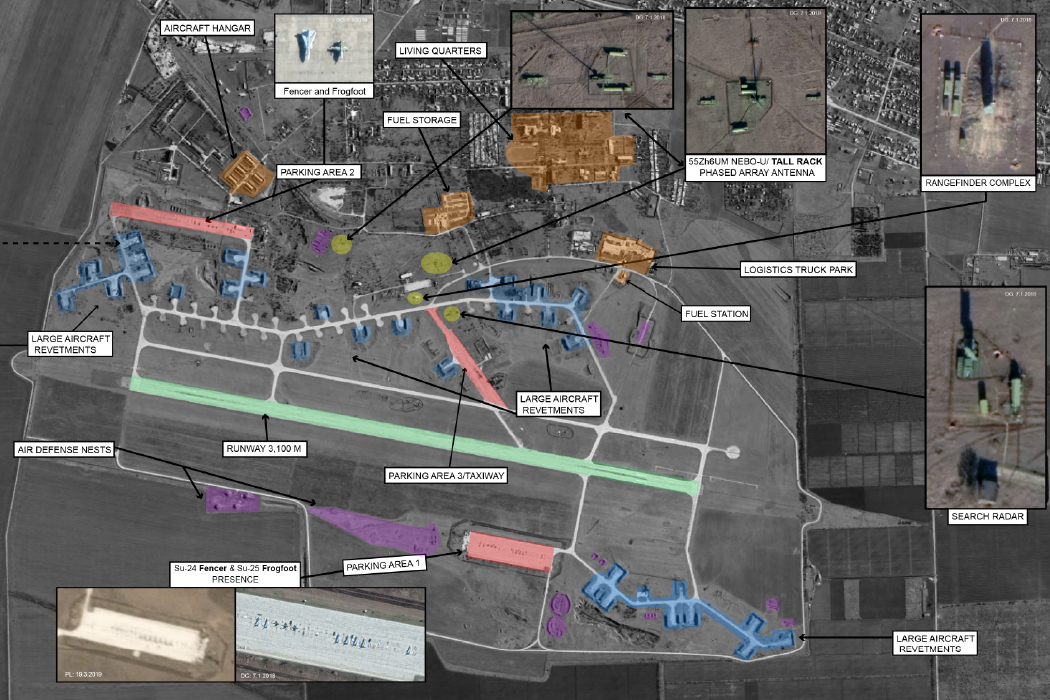

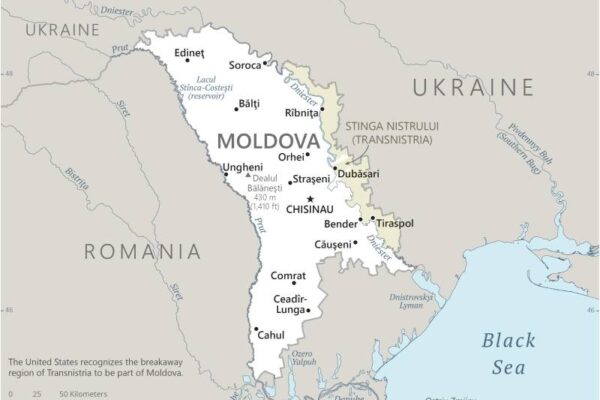
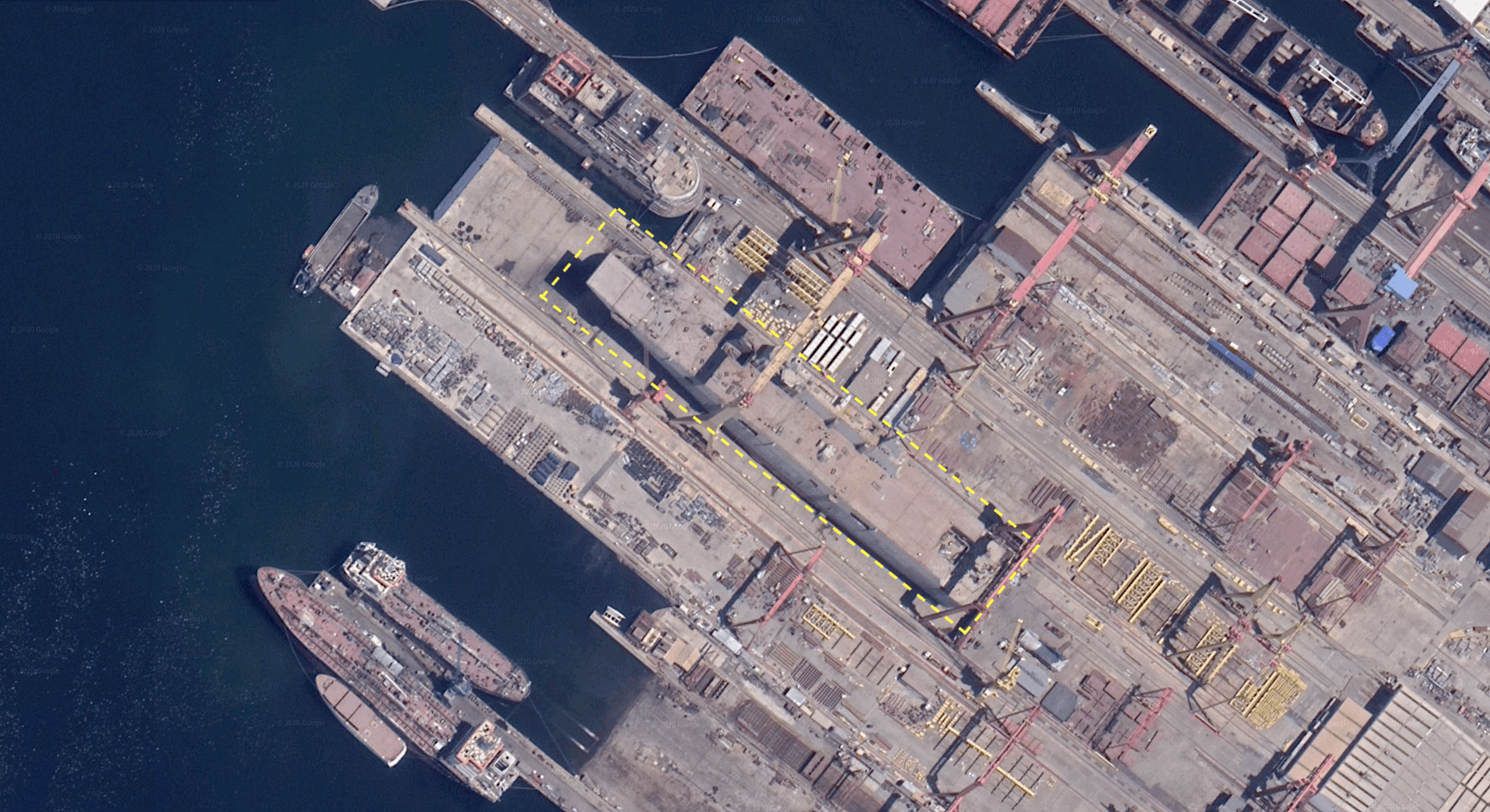
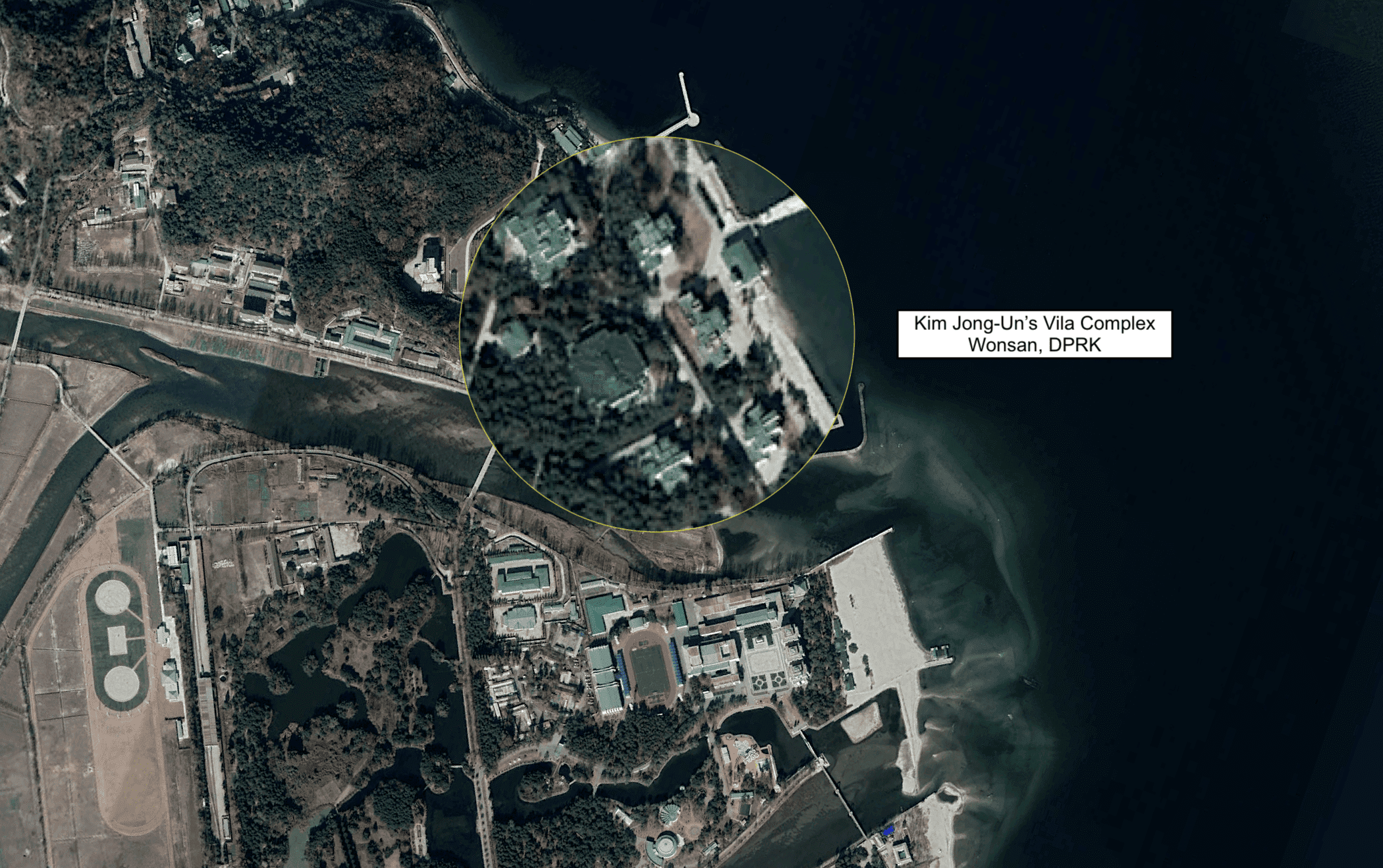
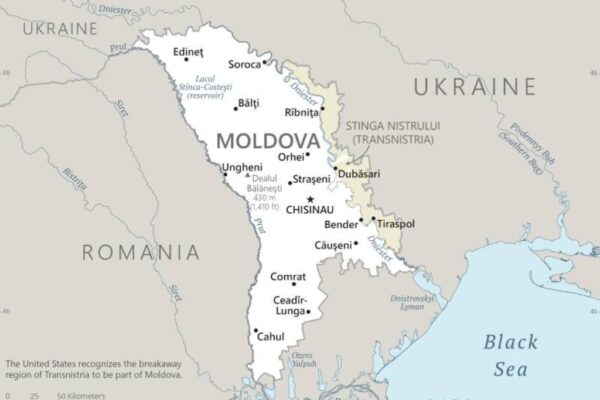


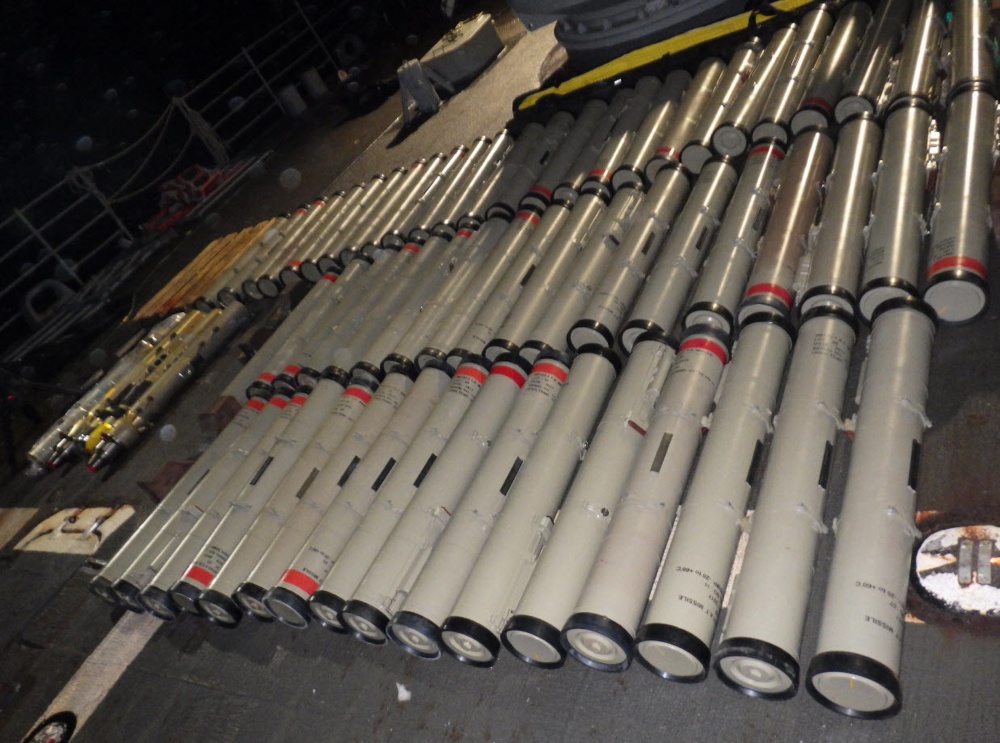
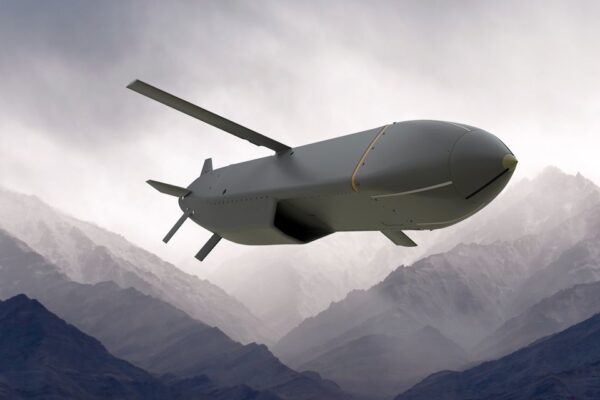

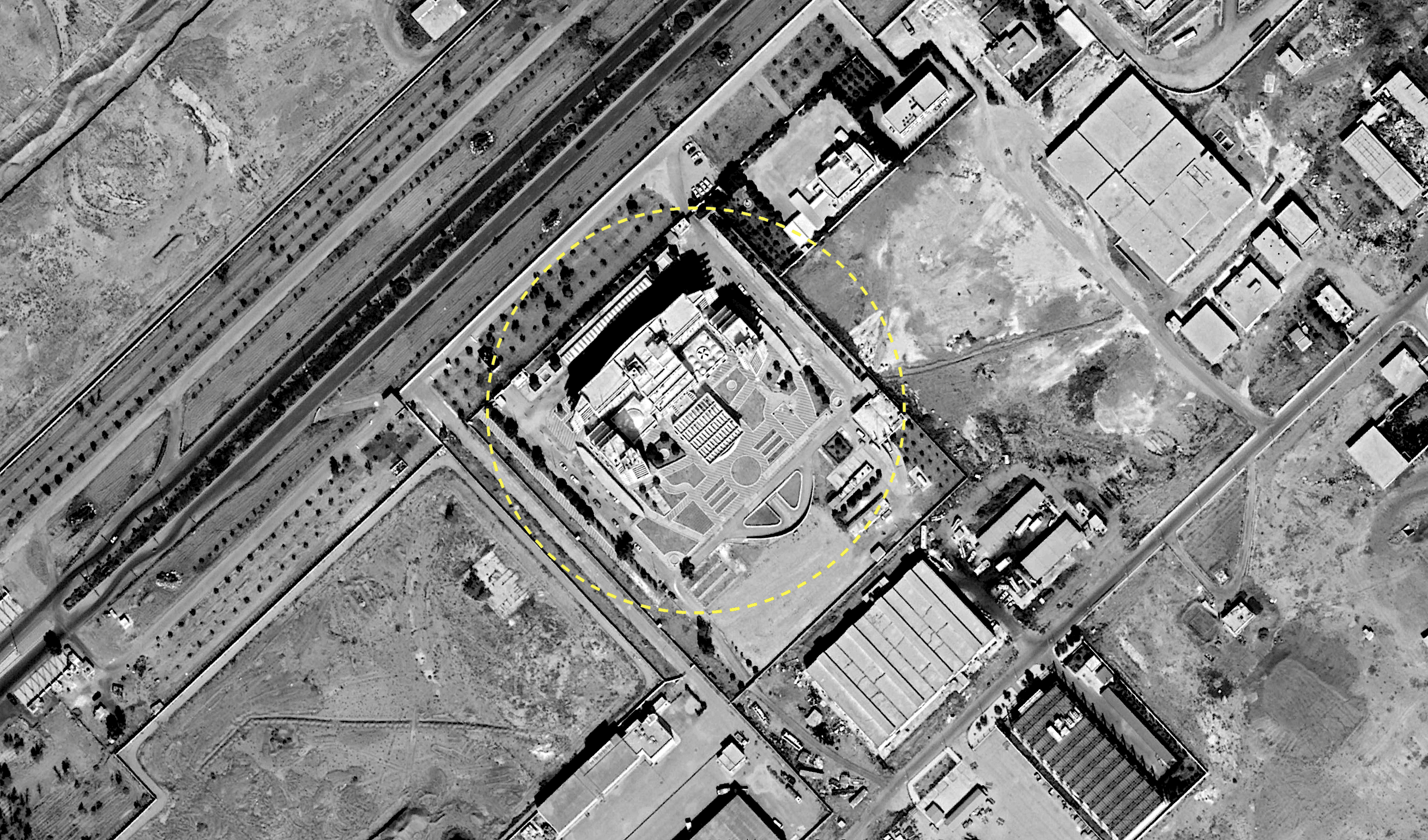

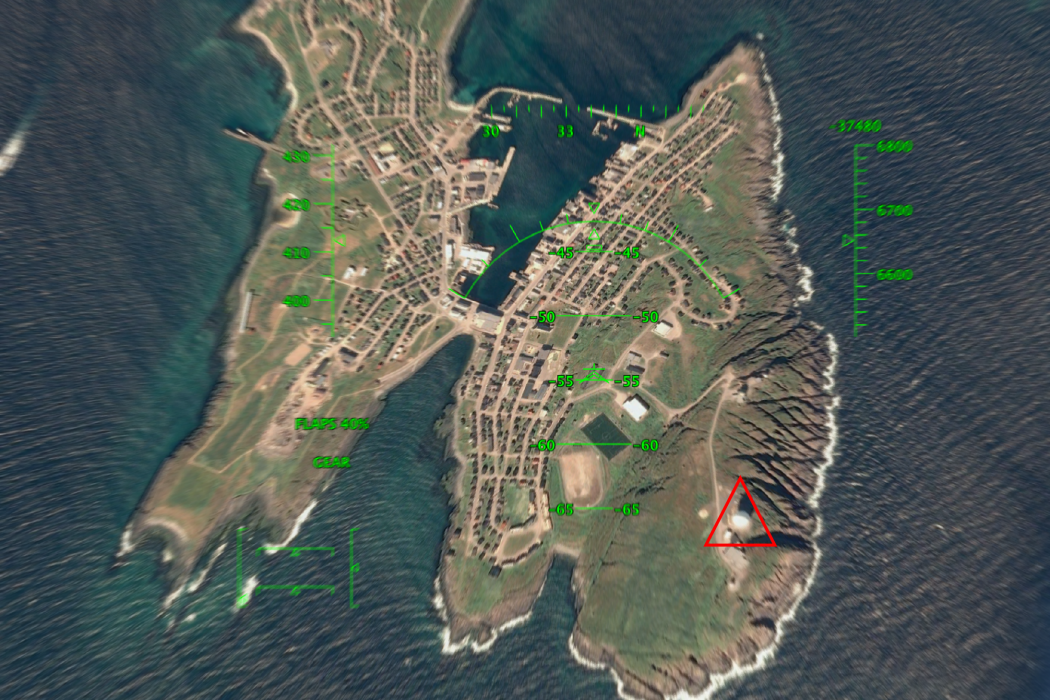

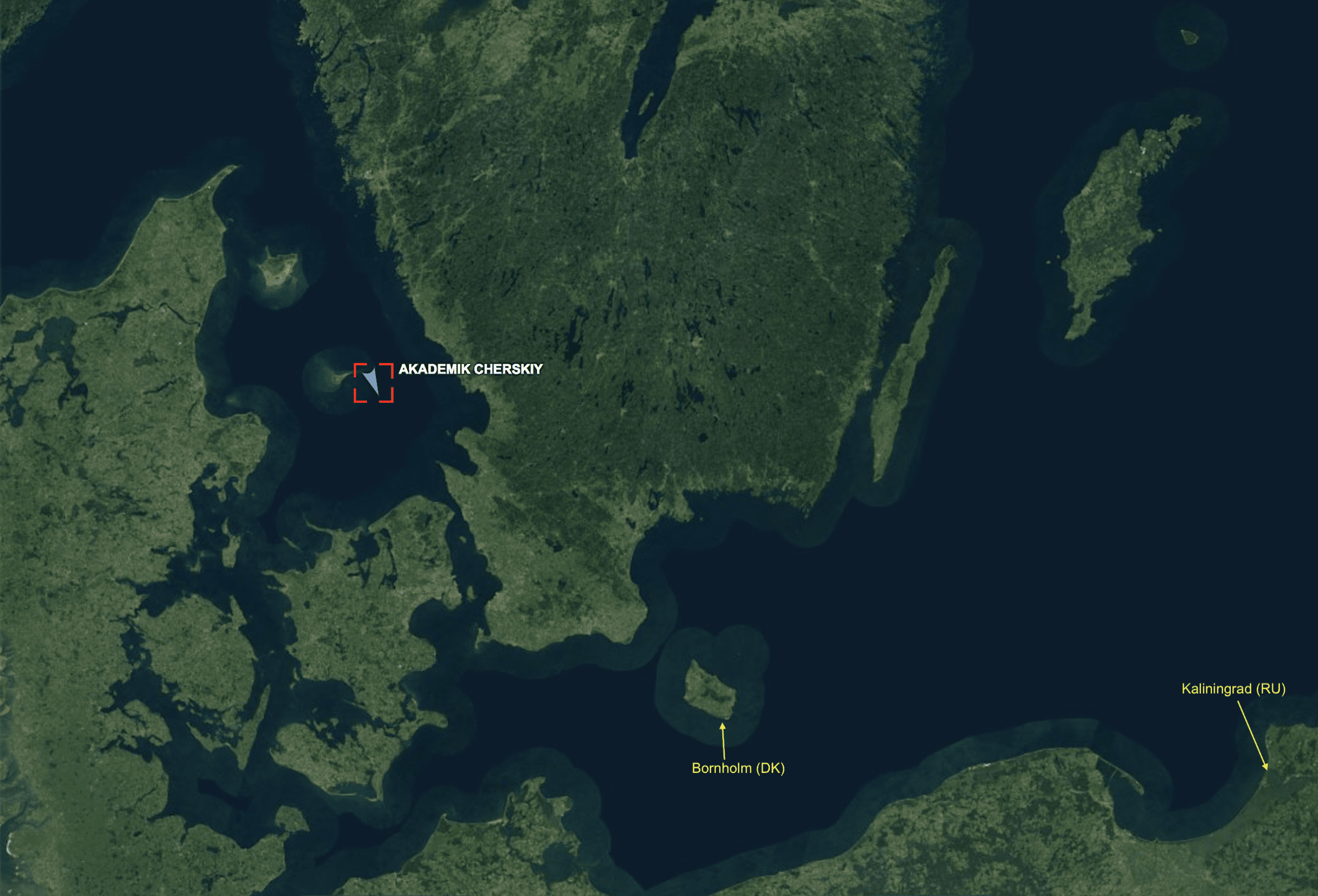
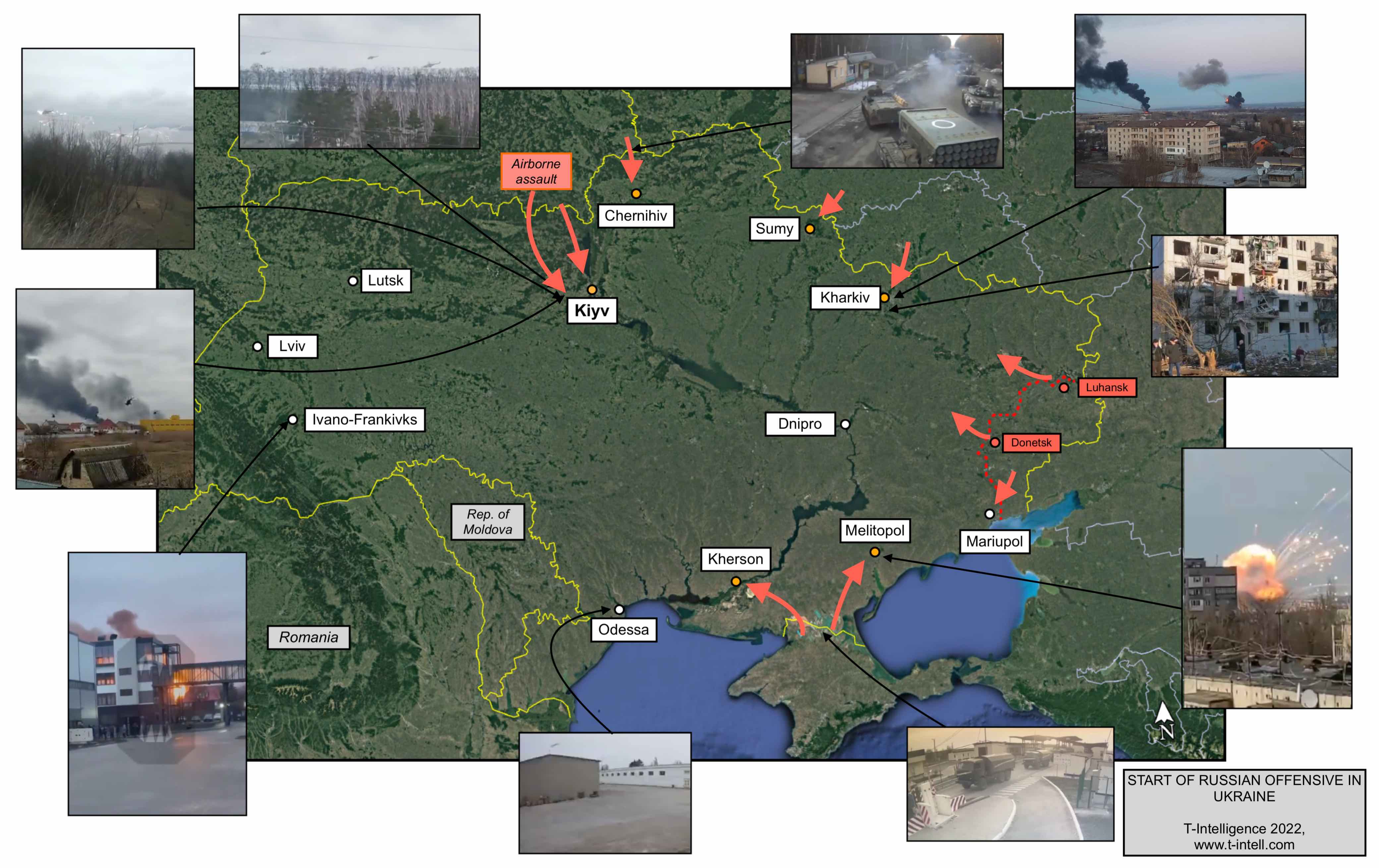

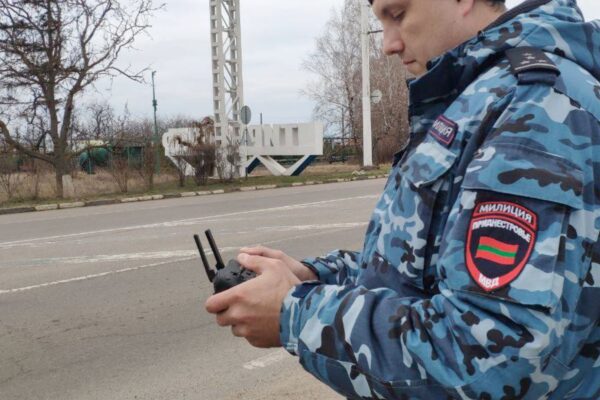
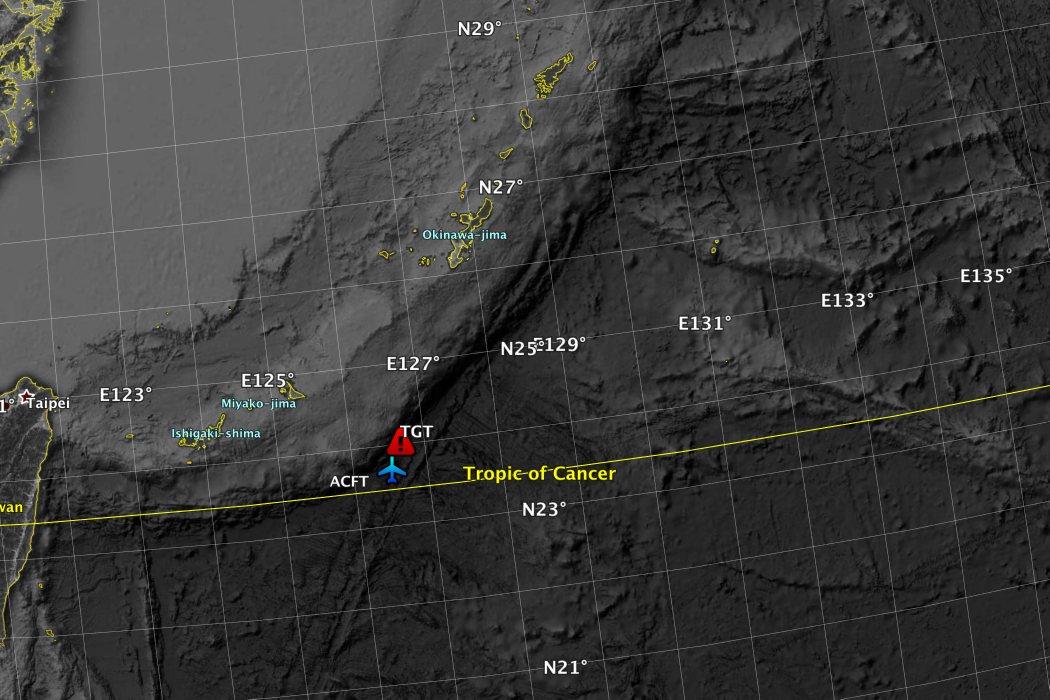
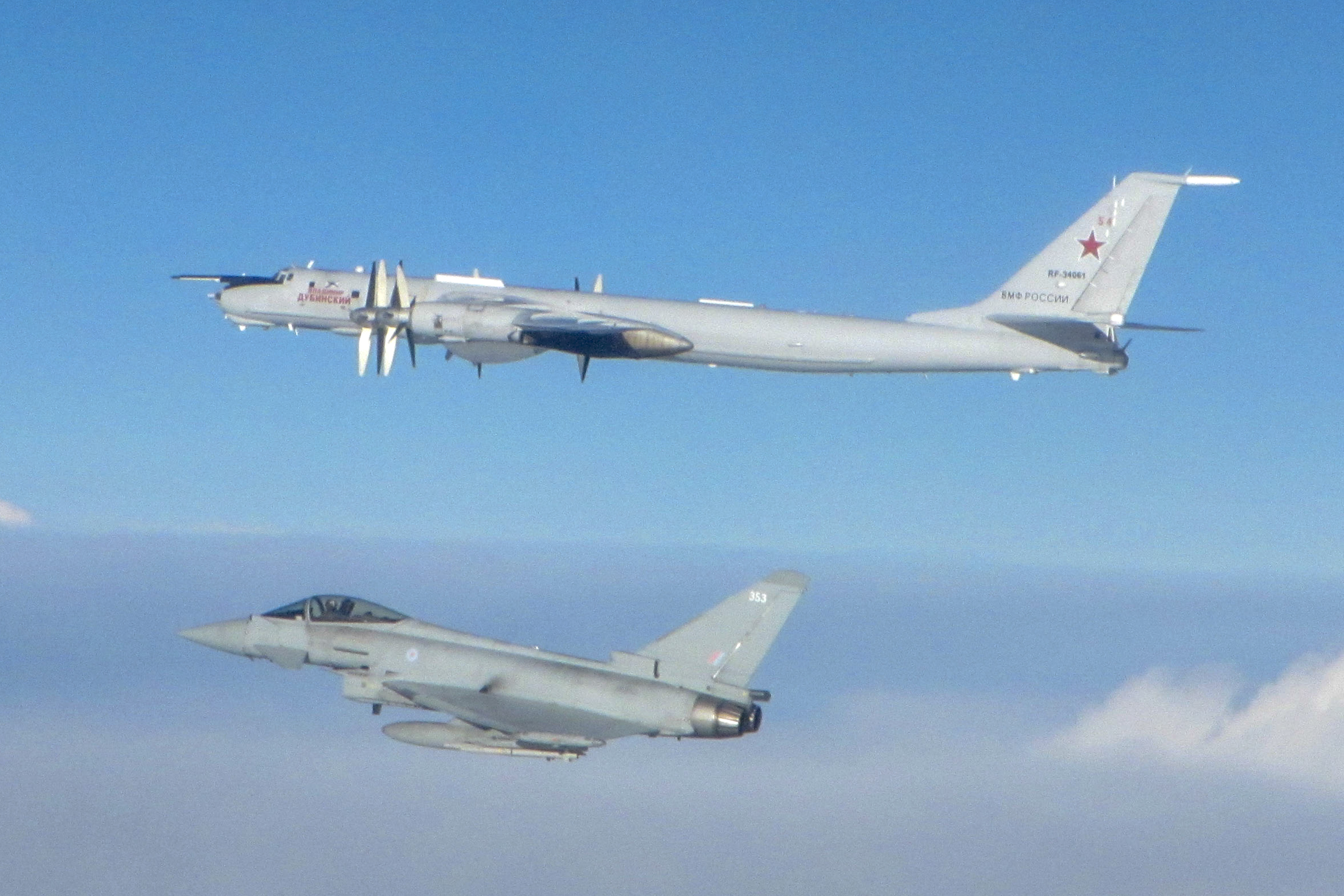

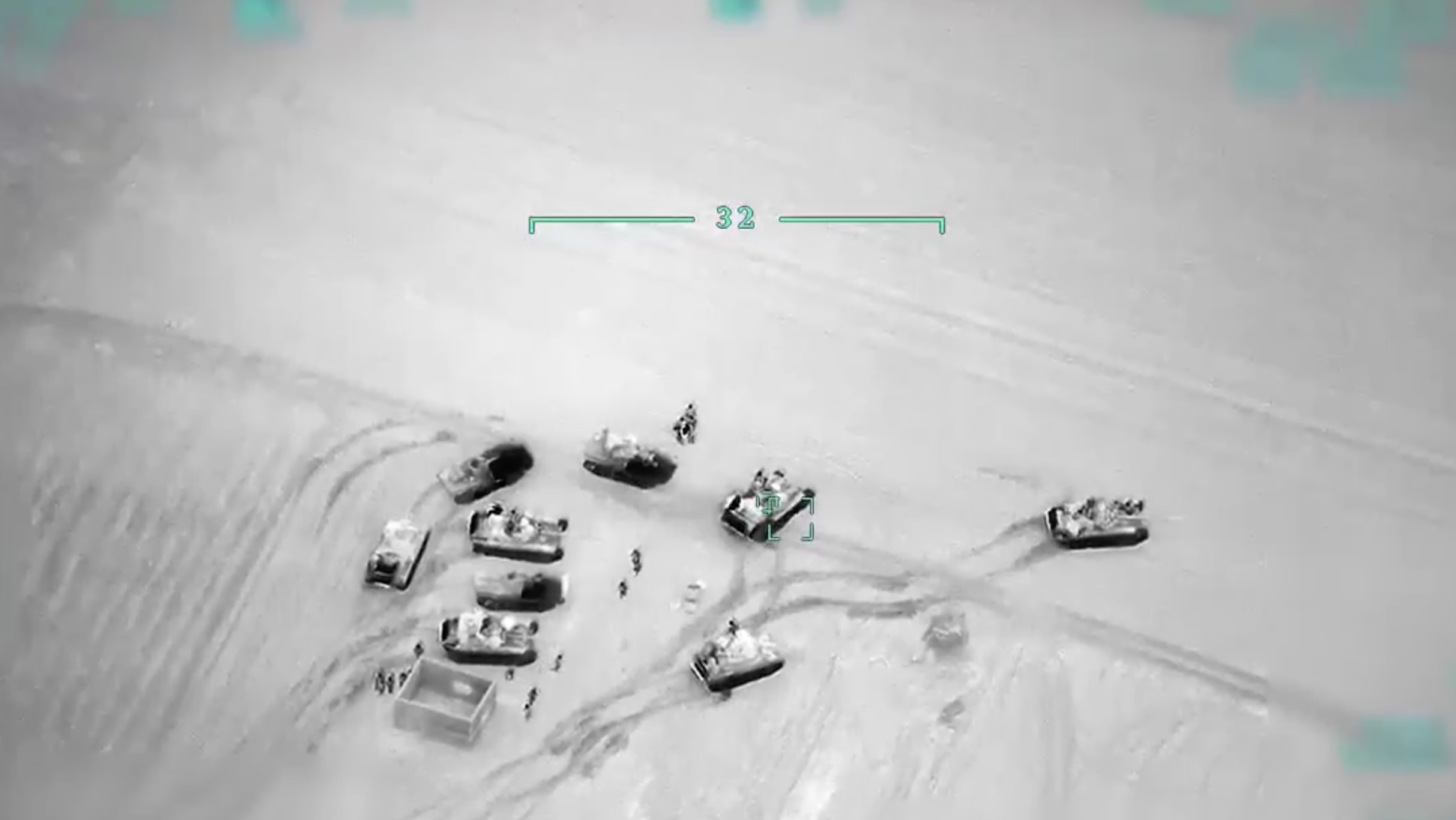
![Pride of Belarus: Baranovichi 61st Fighter Air Base [GEOINT]](https://t-intell.com/wp-content/uploads/2021/08/cover_article.jpg)



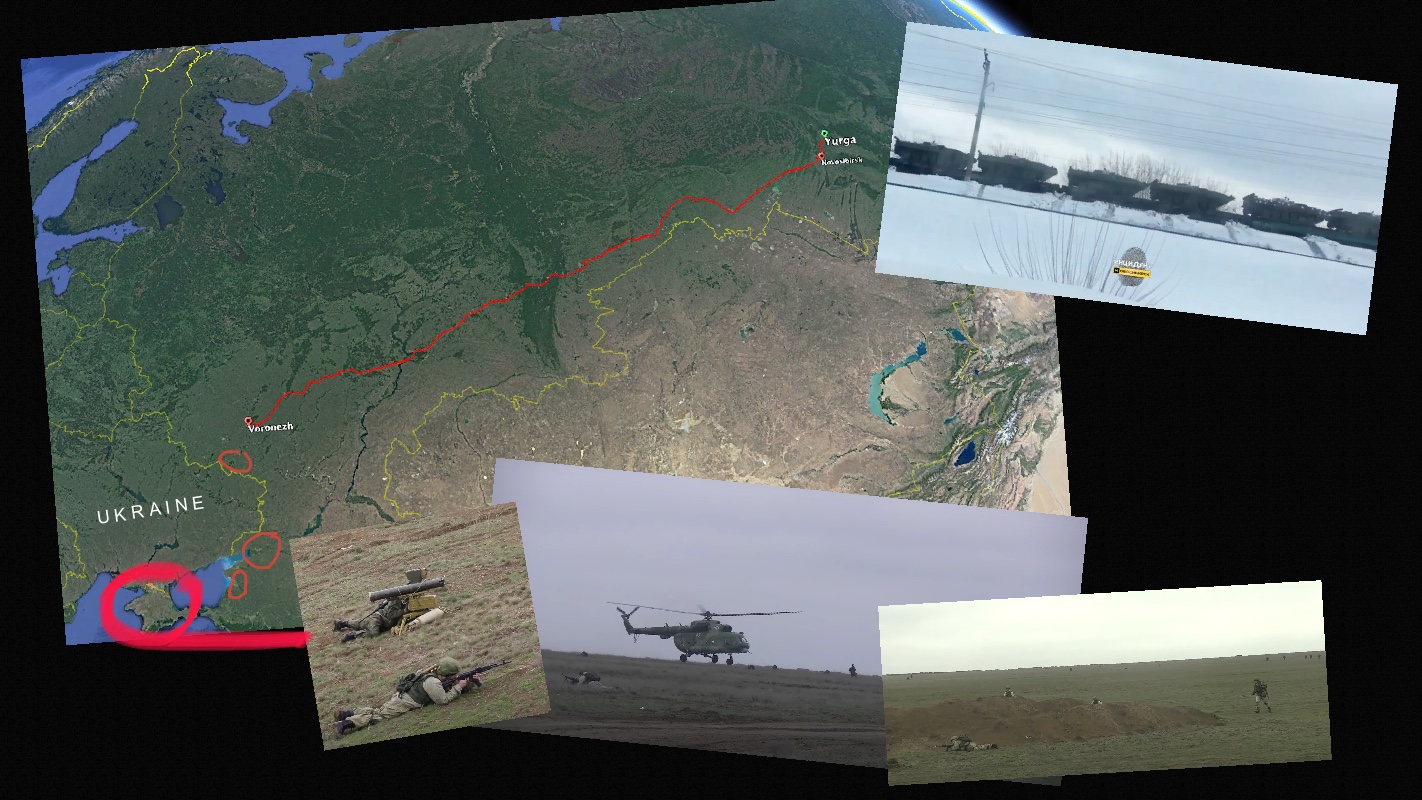



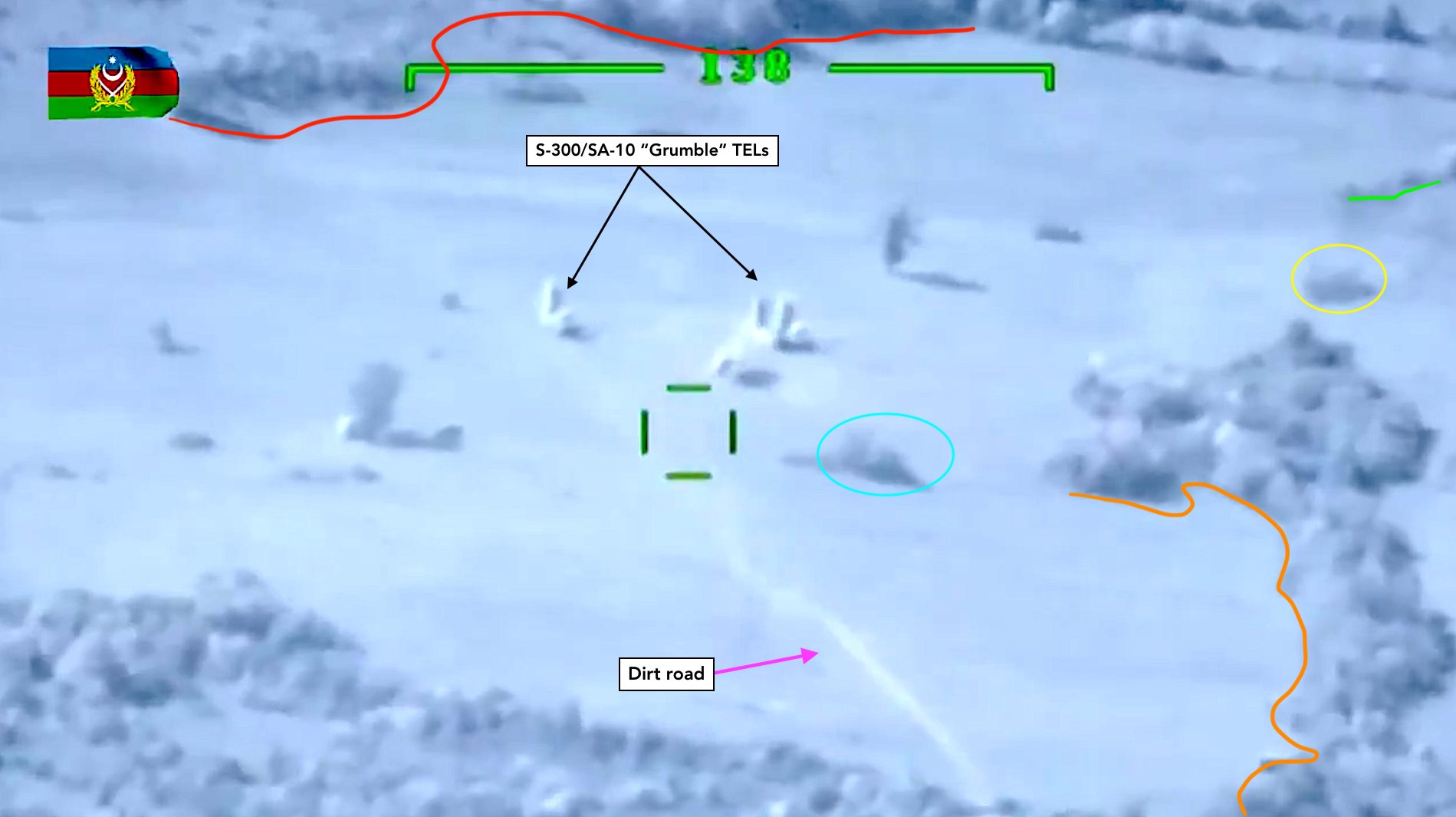


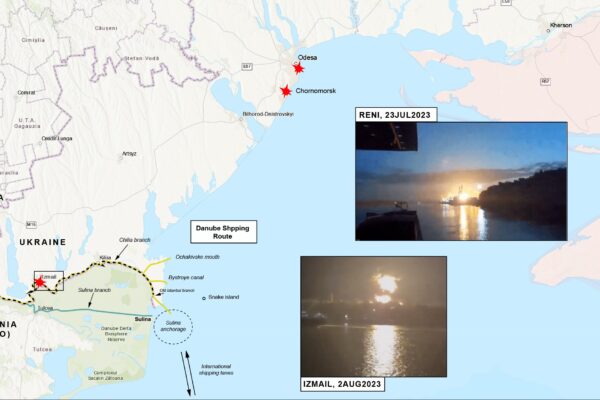


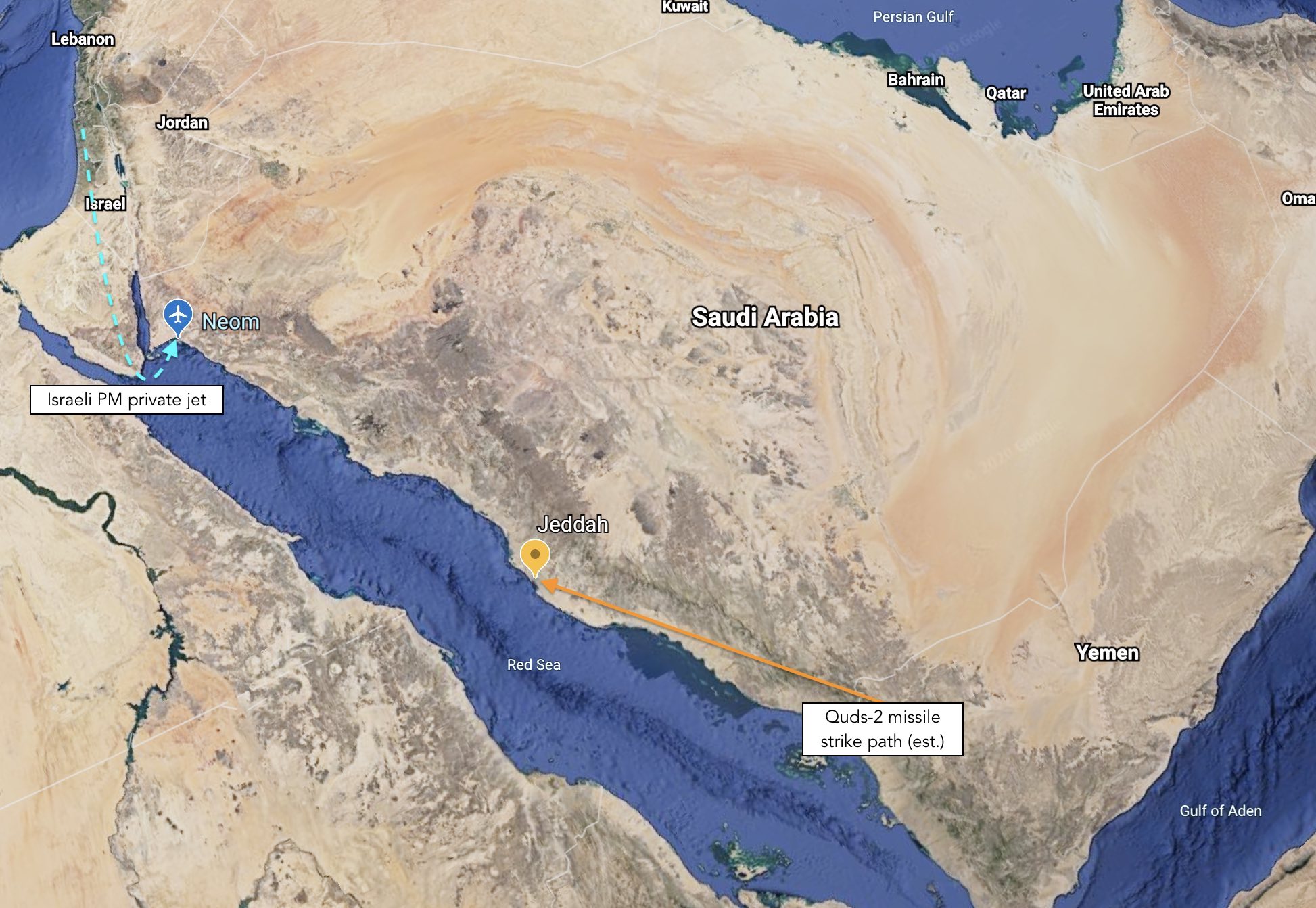

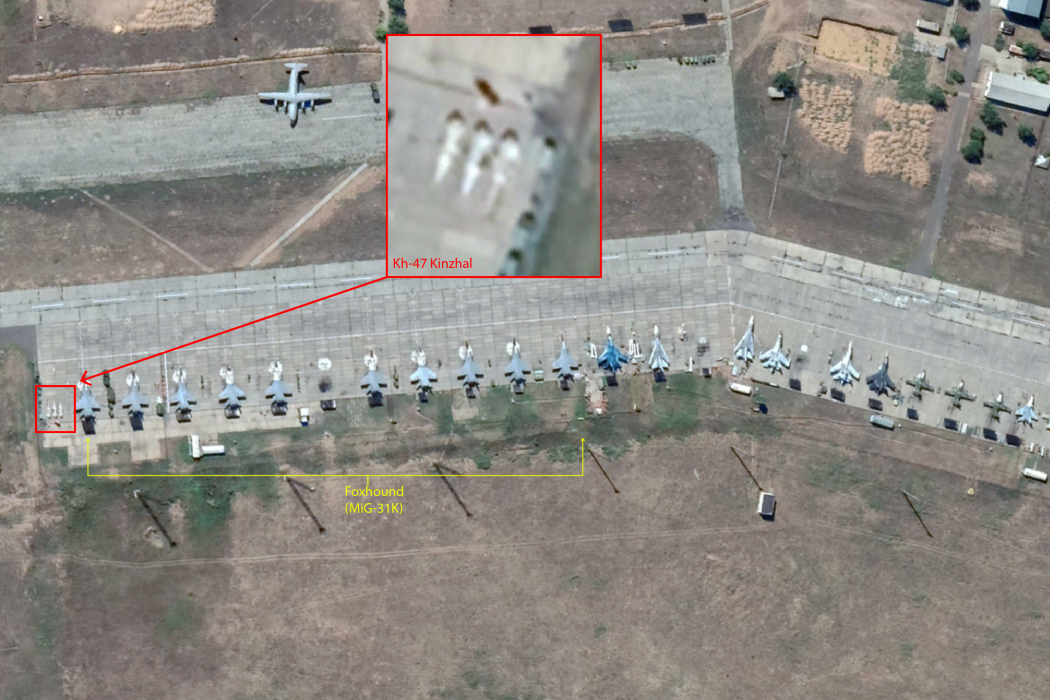
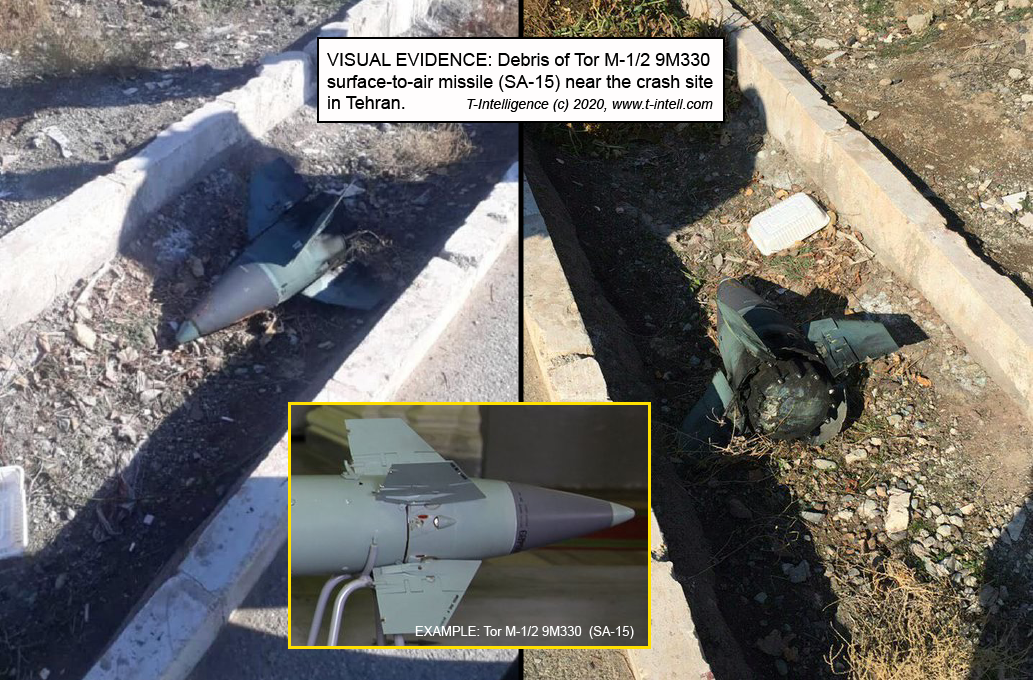
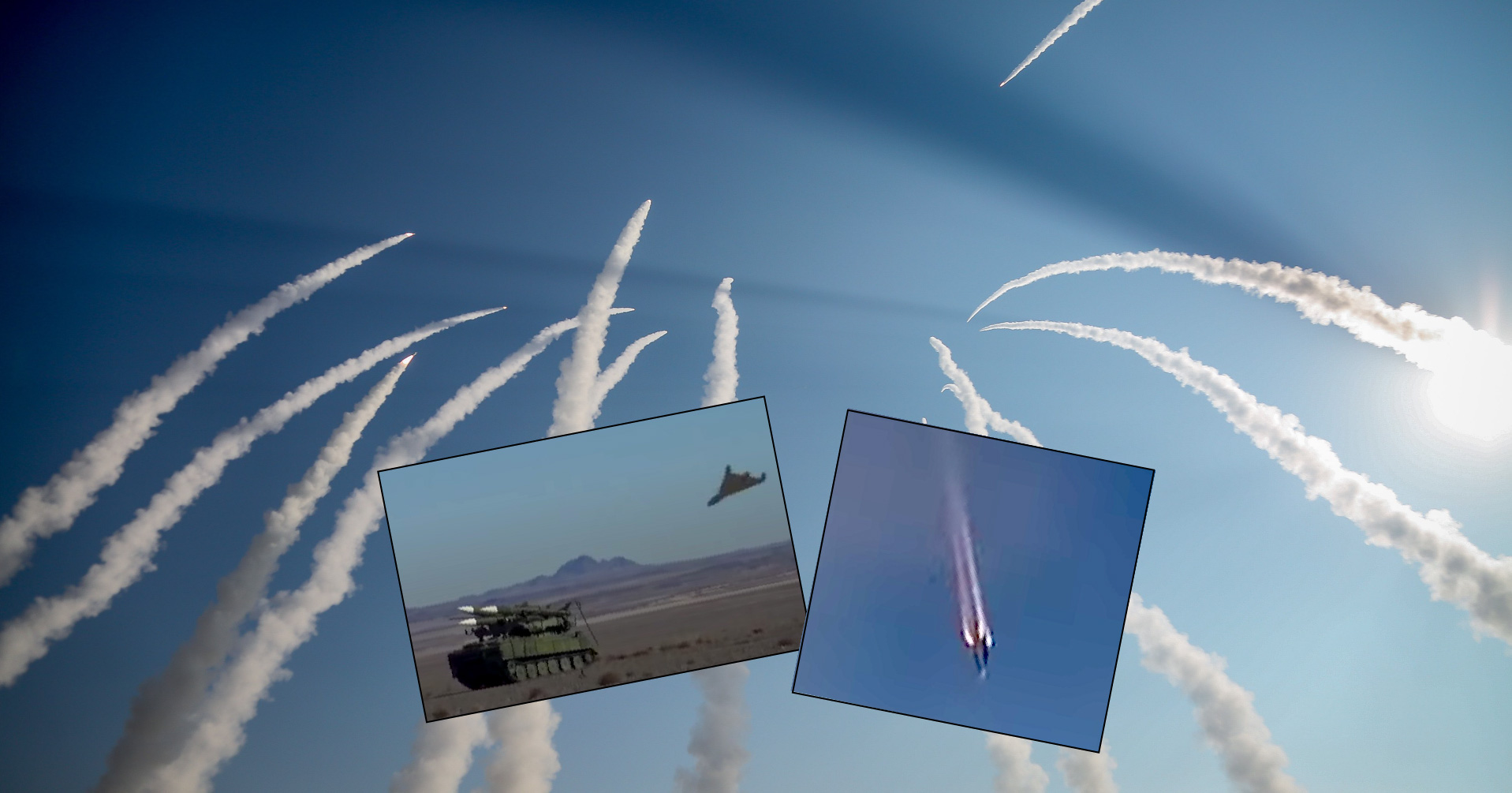
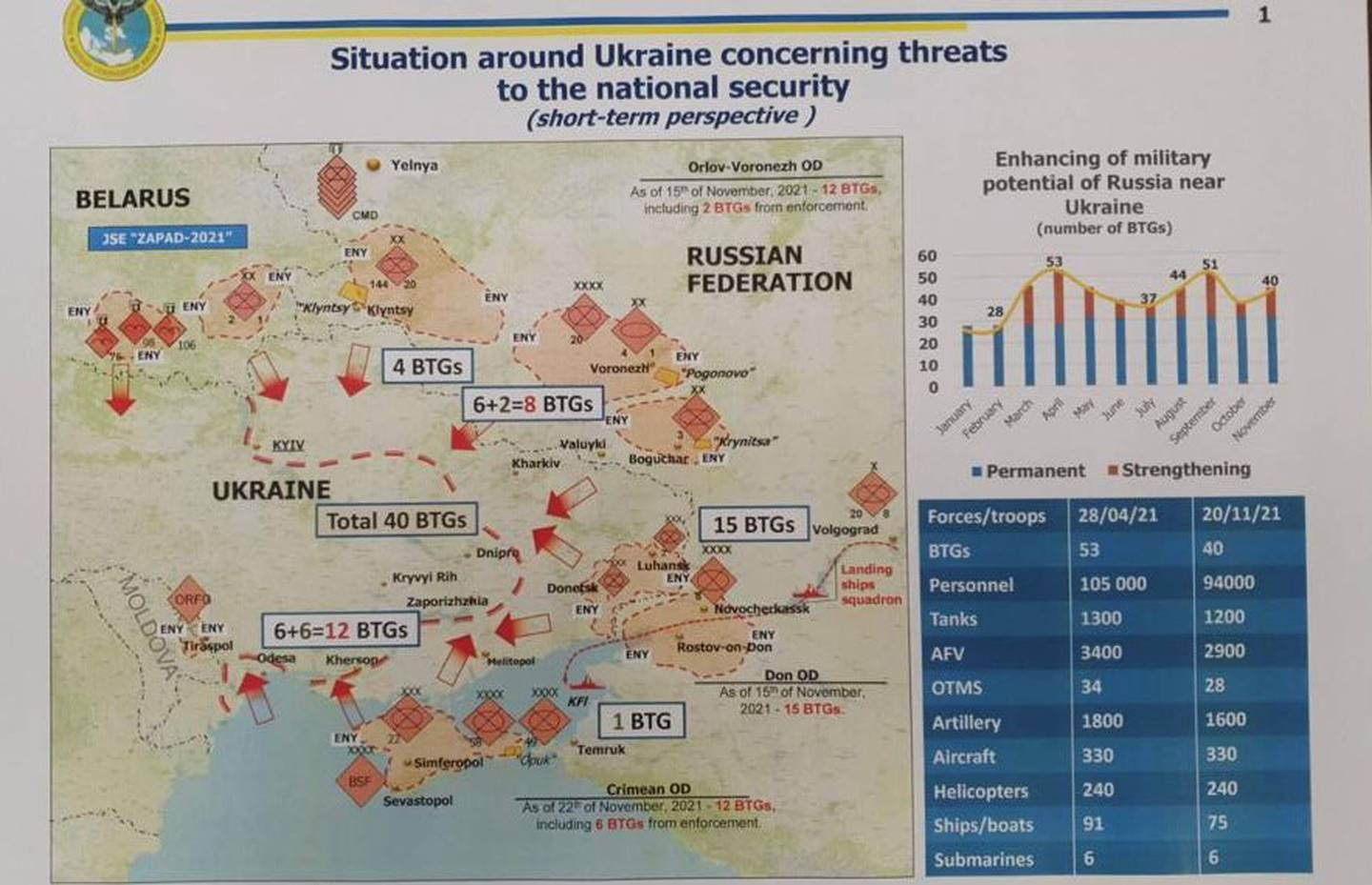
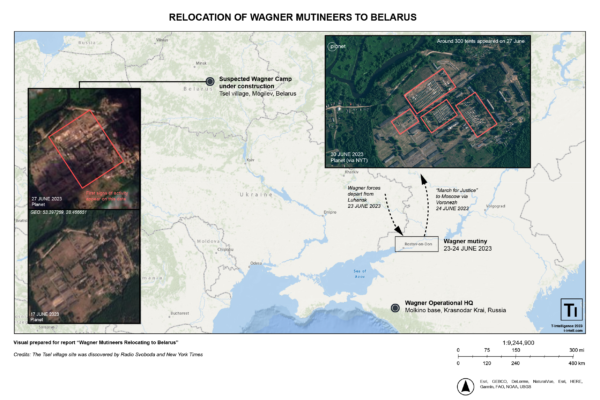
![Evacuation “Shattered Glass”: The US/ Coalition Bases in Syria [Part 2]](https://t-intell.com/wp-content/uploads/2020/02/TelSalman24.2.2018_optimized.png)


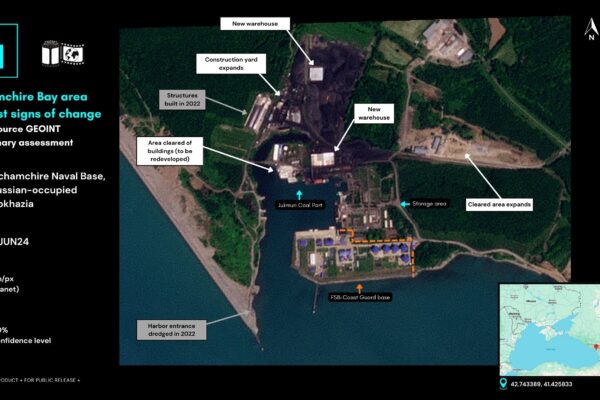
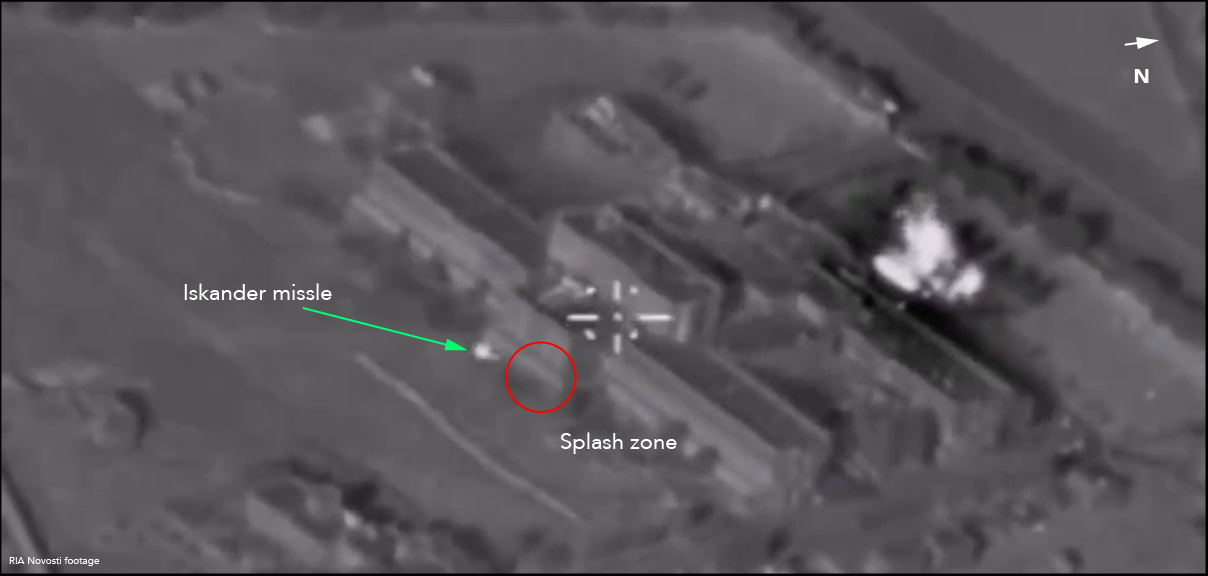
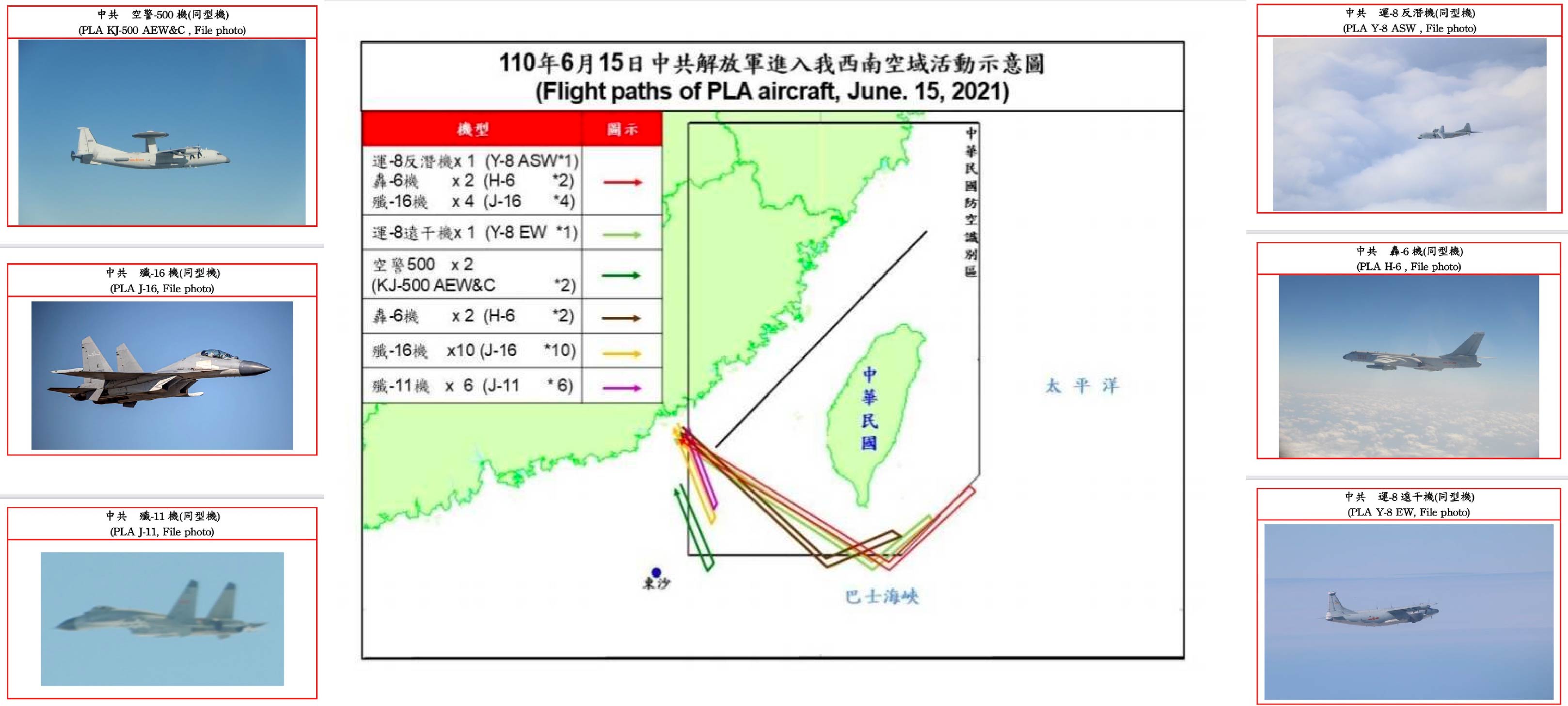
![Evacuation “Shattered Glass”: The US/ Coalition Bases in Syria [Part 1]](https://t-intell.com/wp-content/uploads/2020/02/KLZJan.62018copy_optimized.png)


